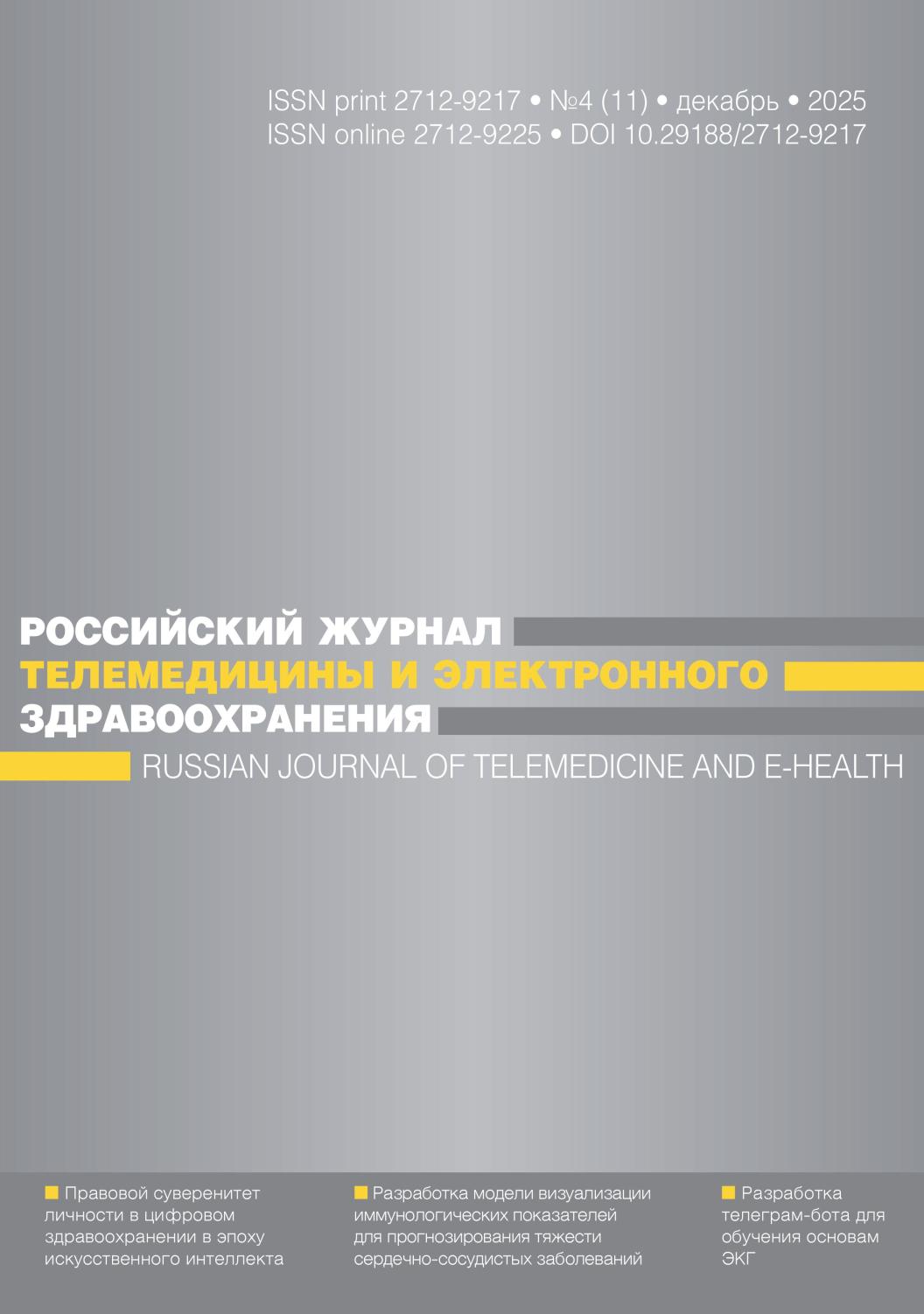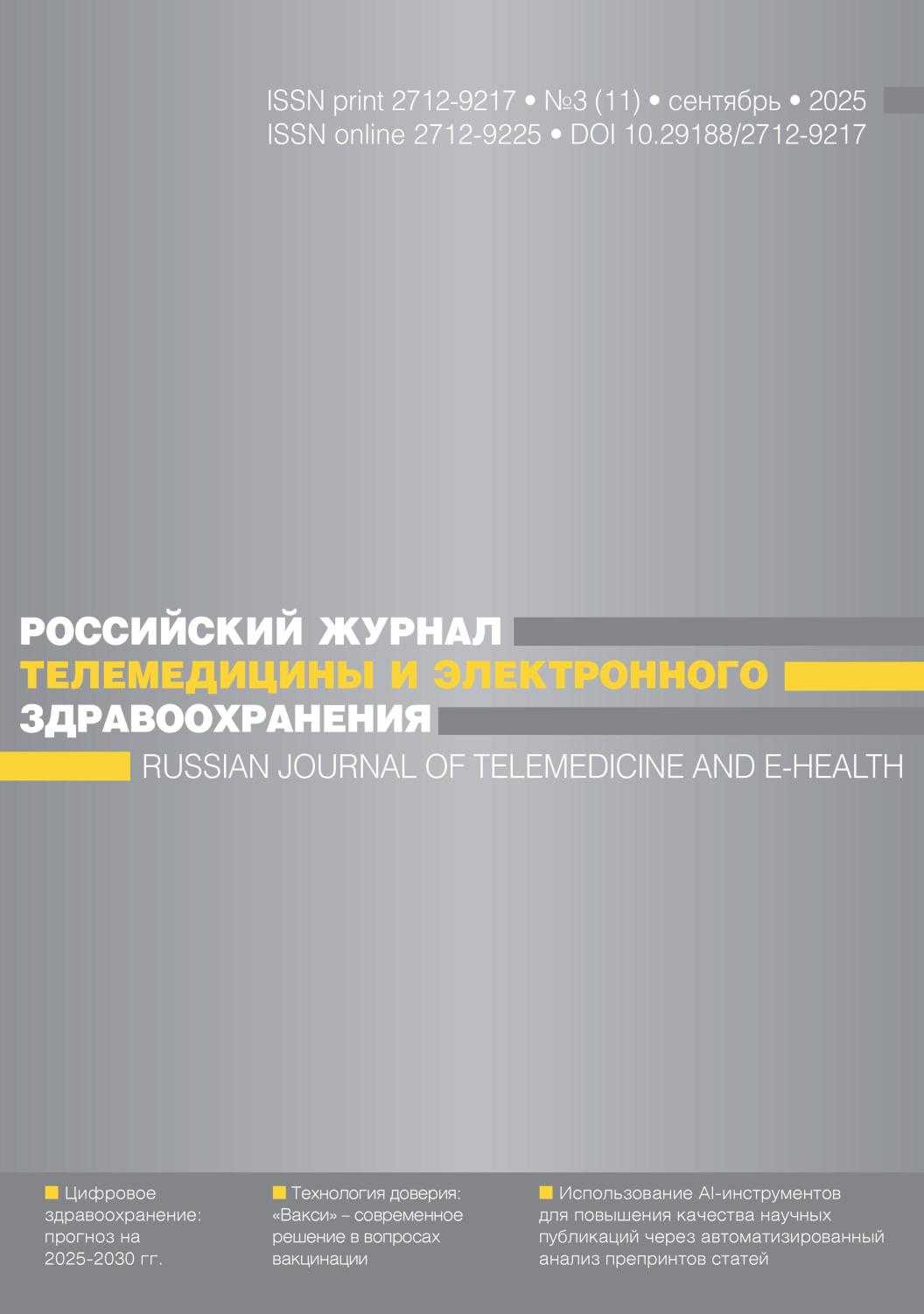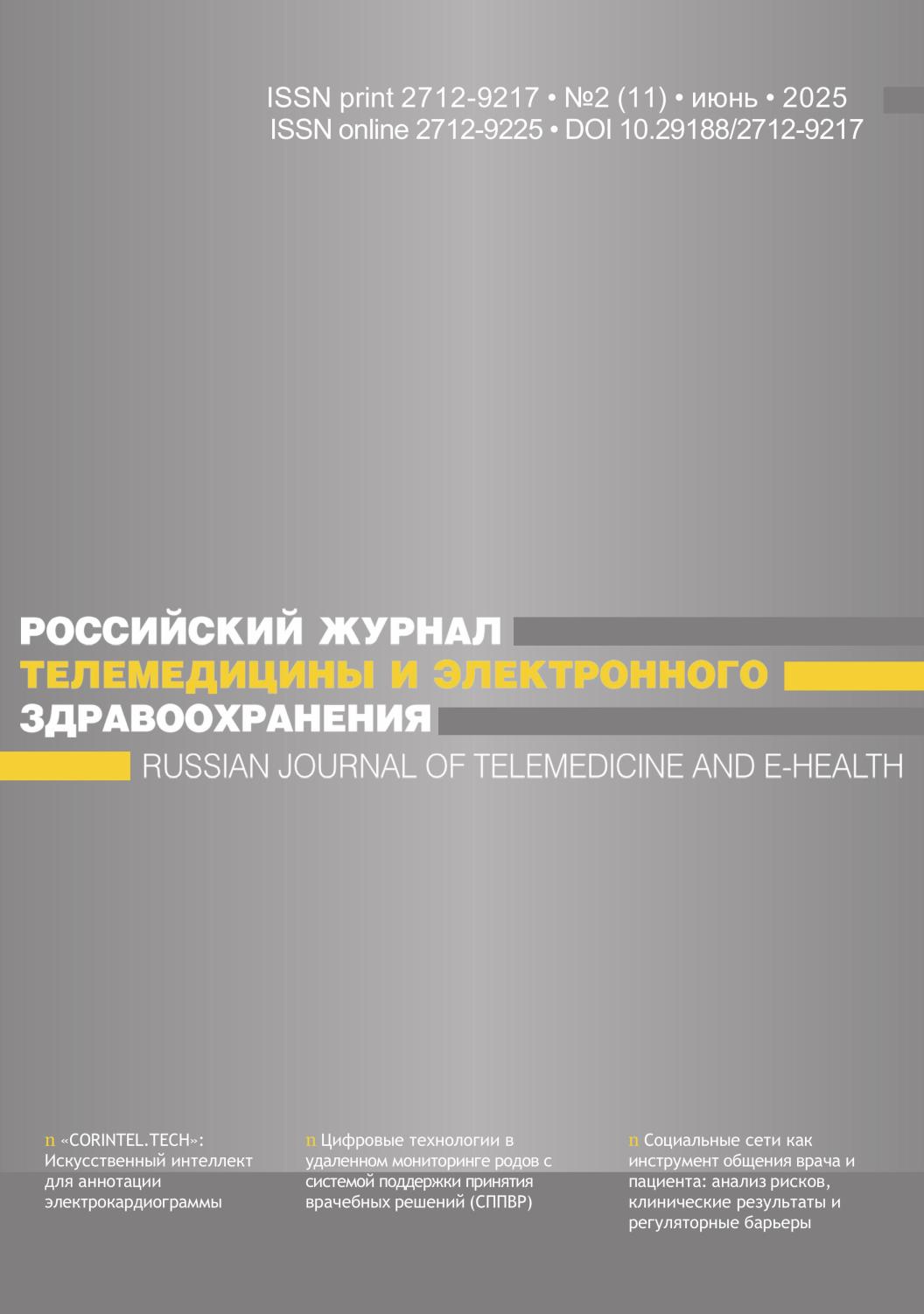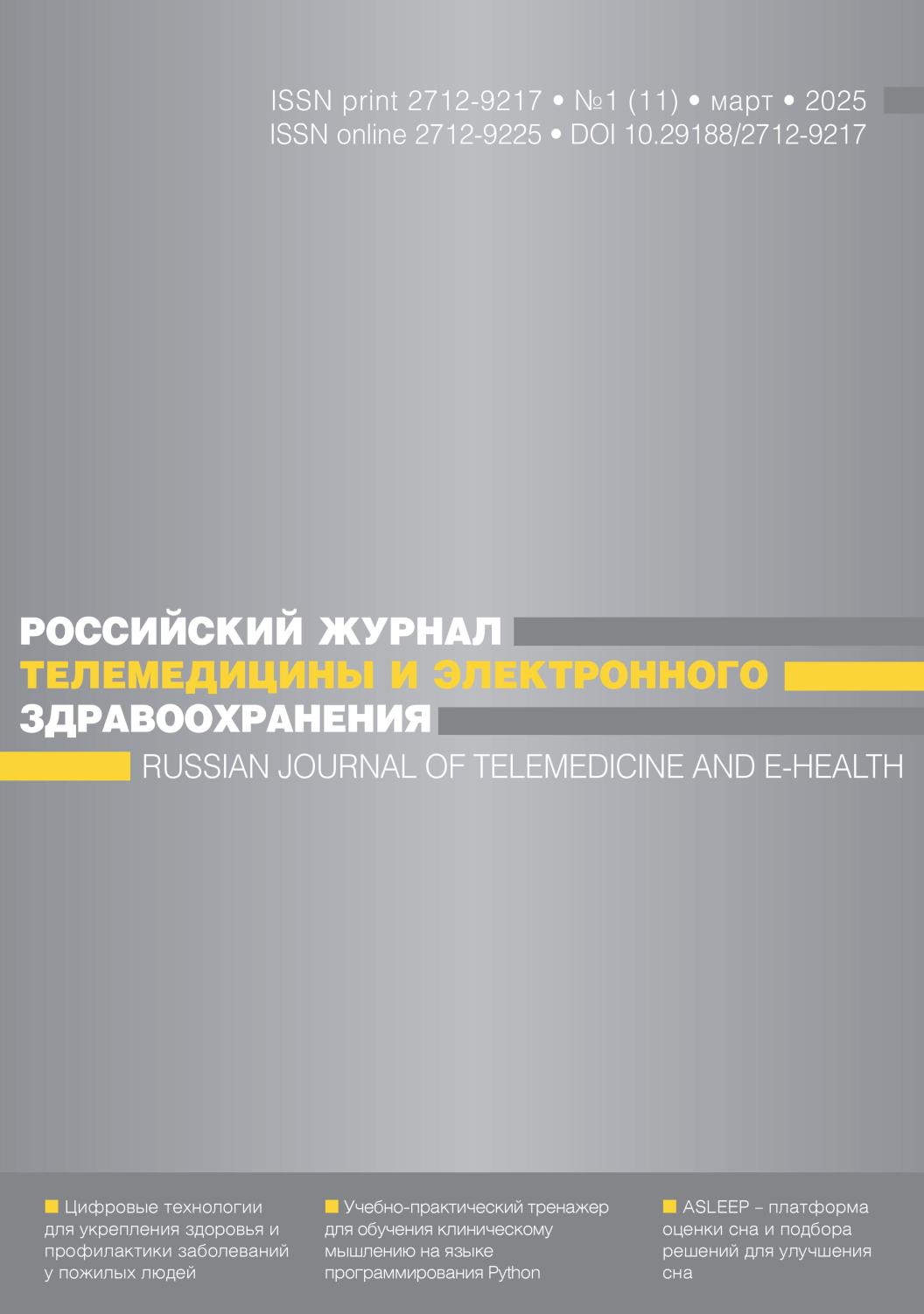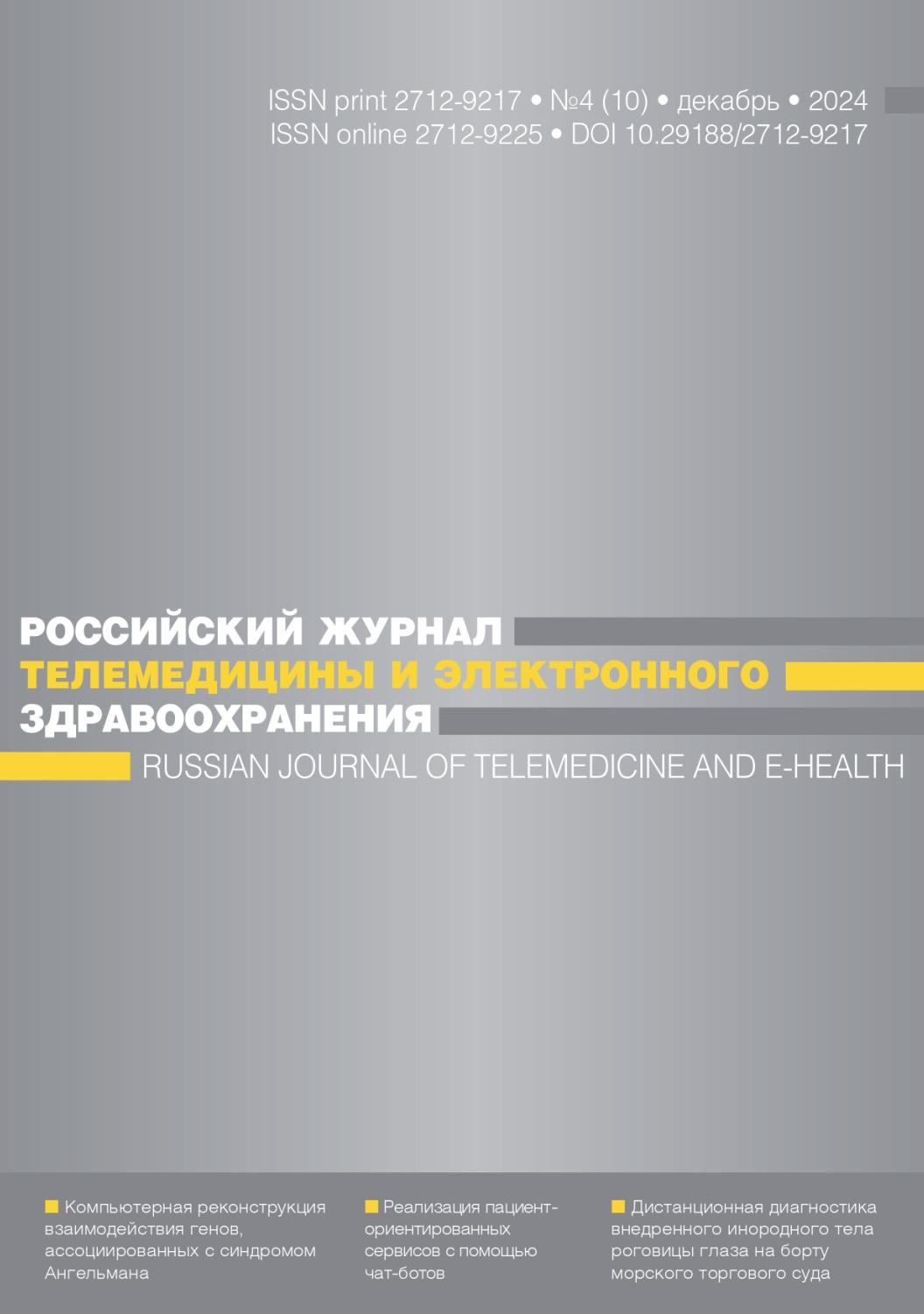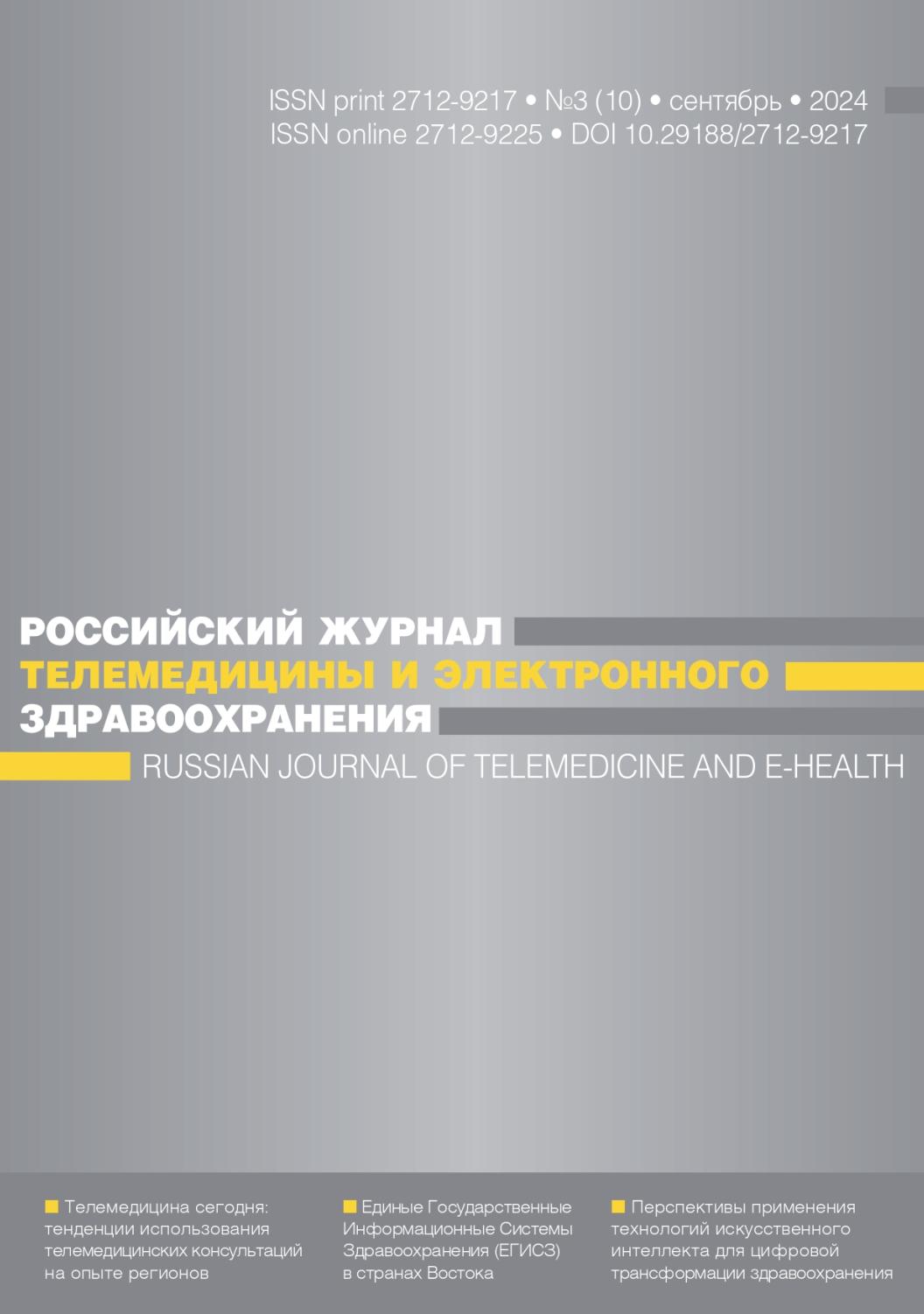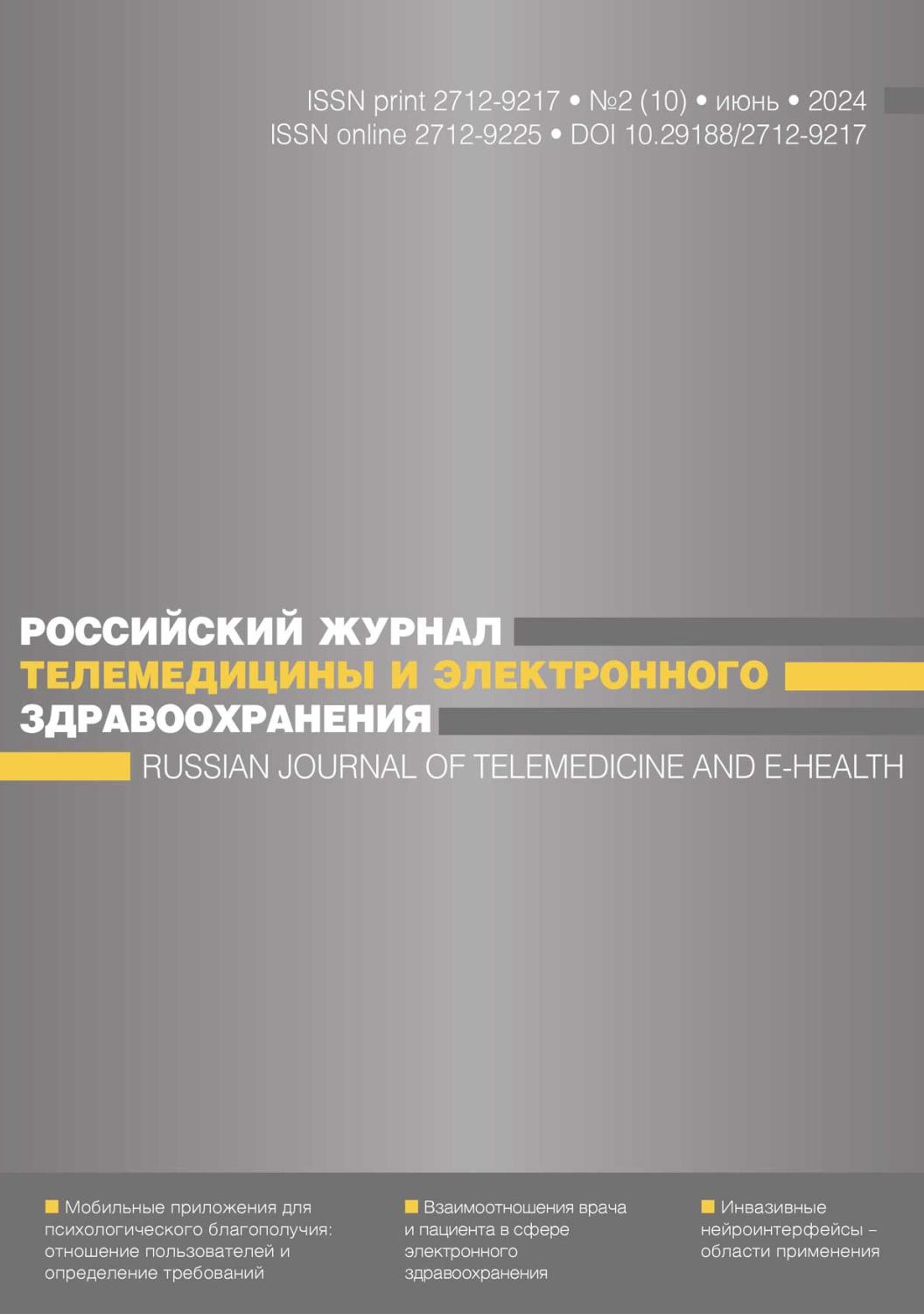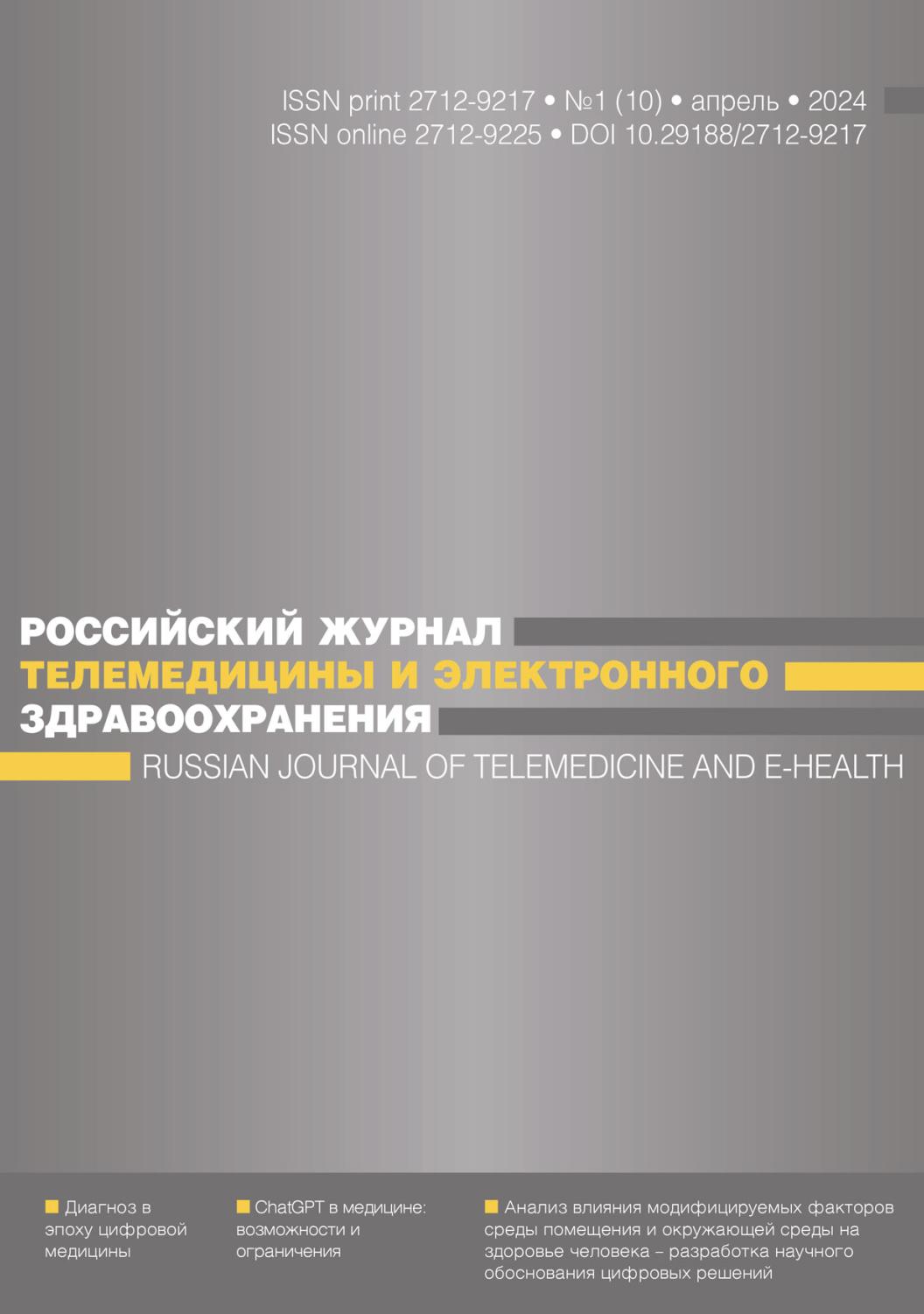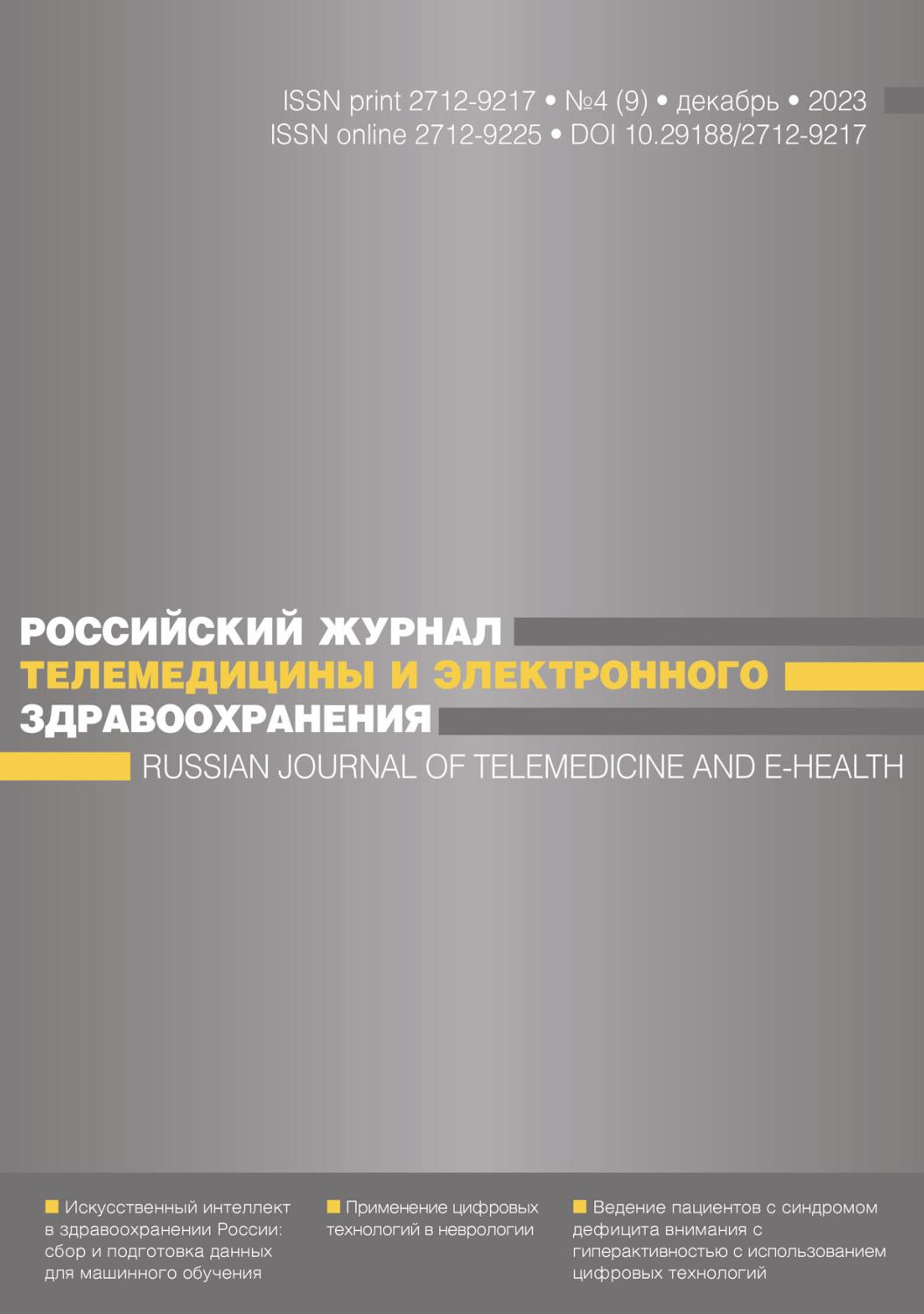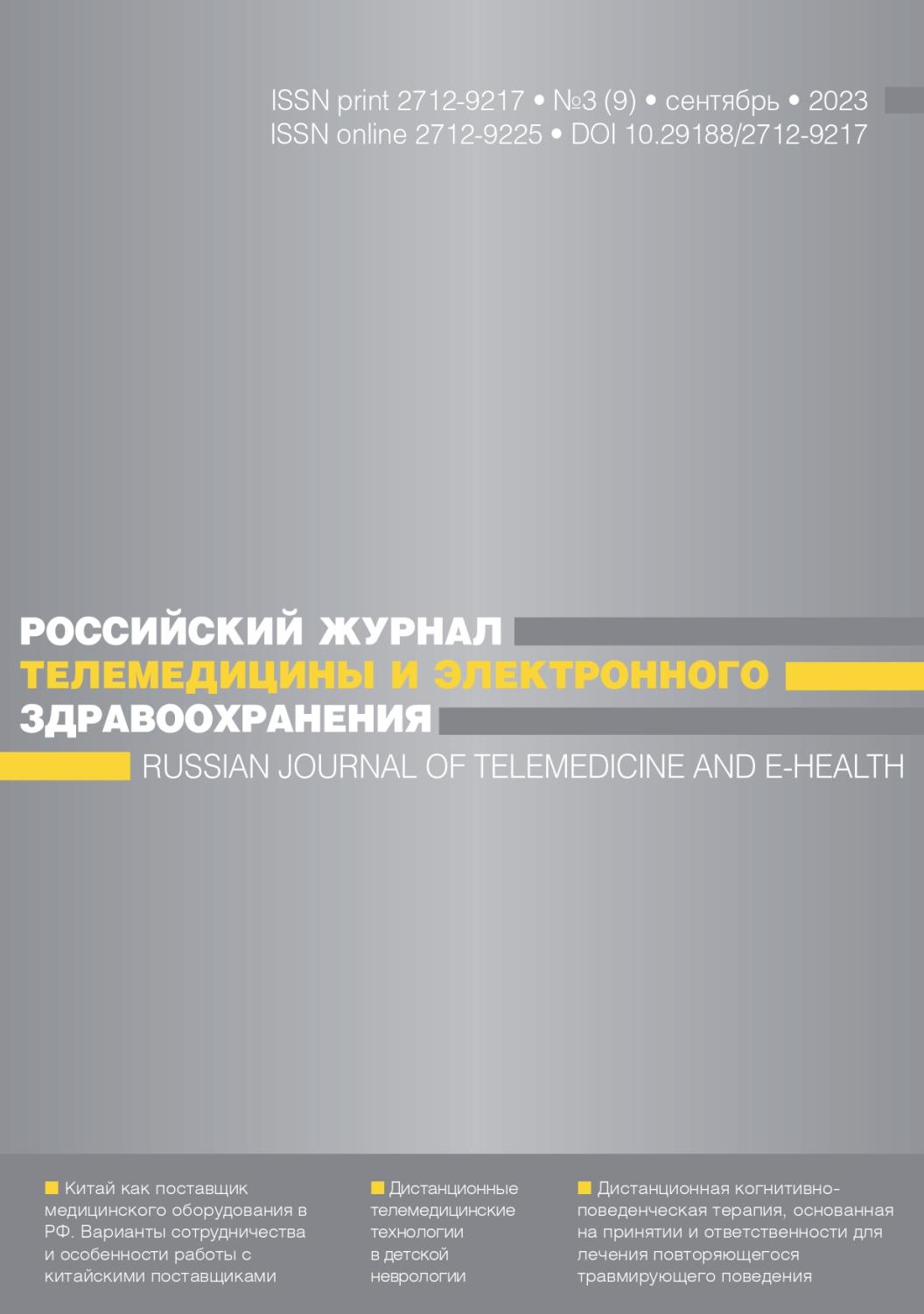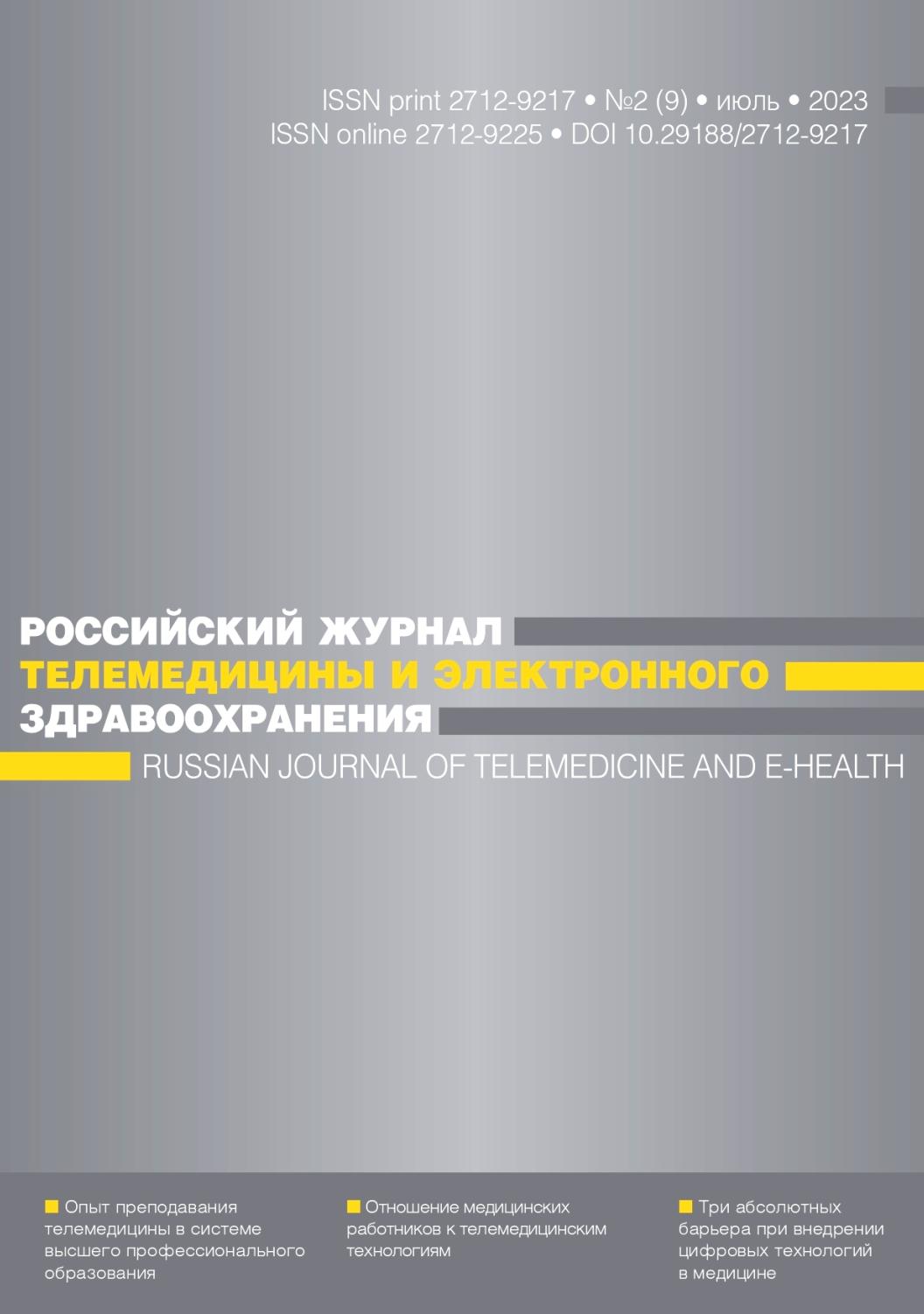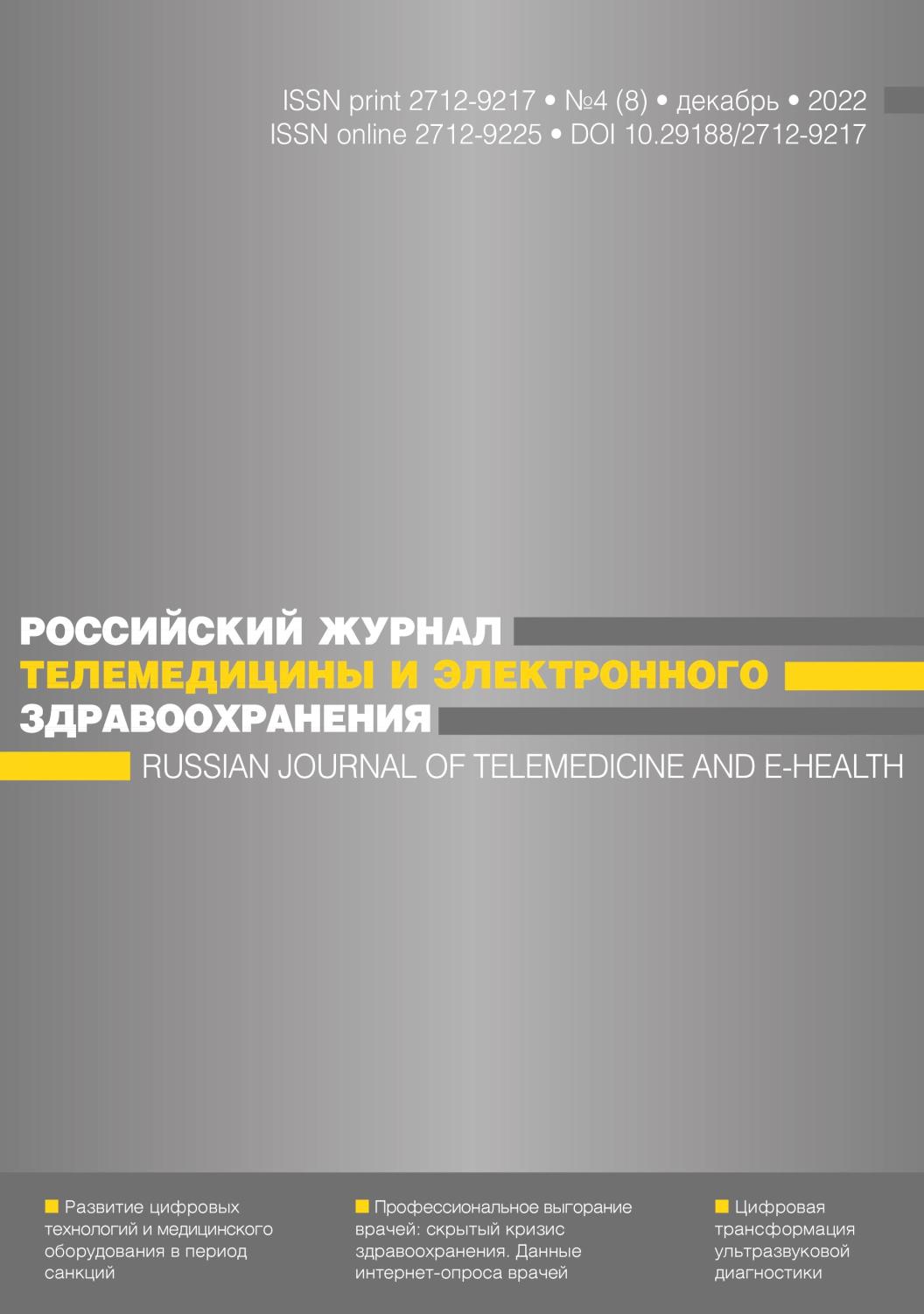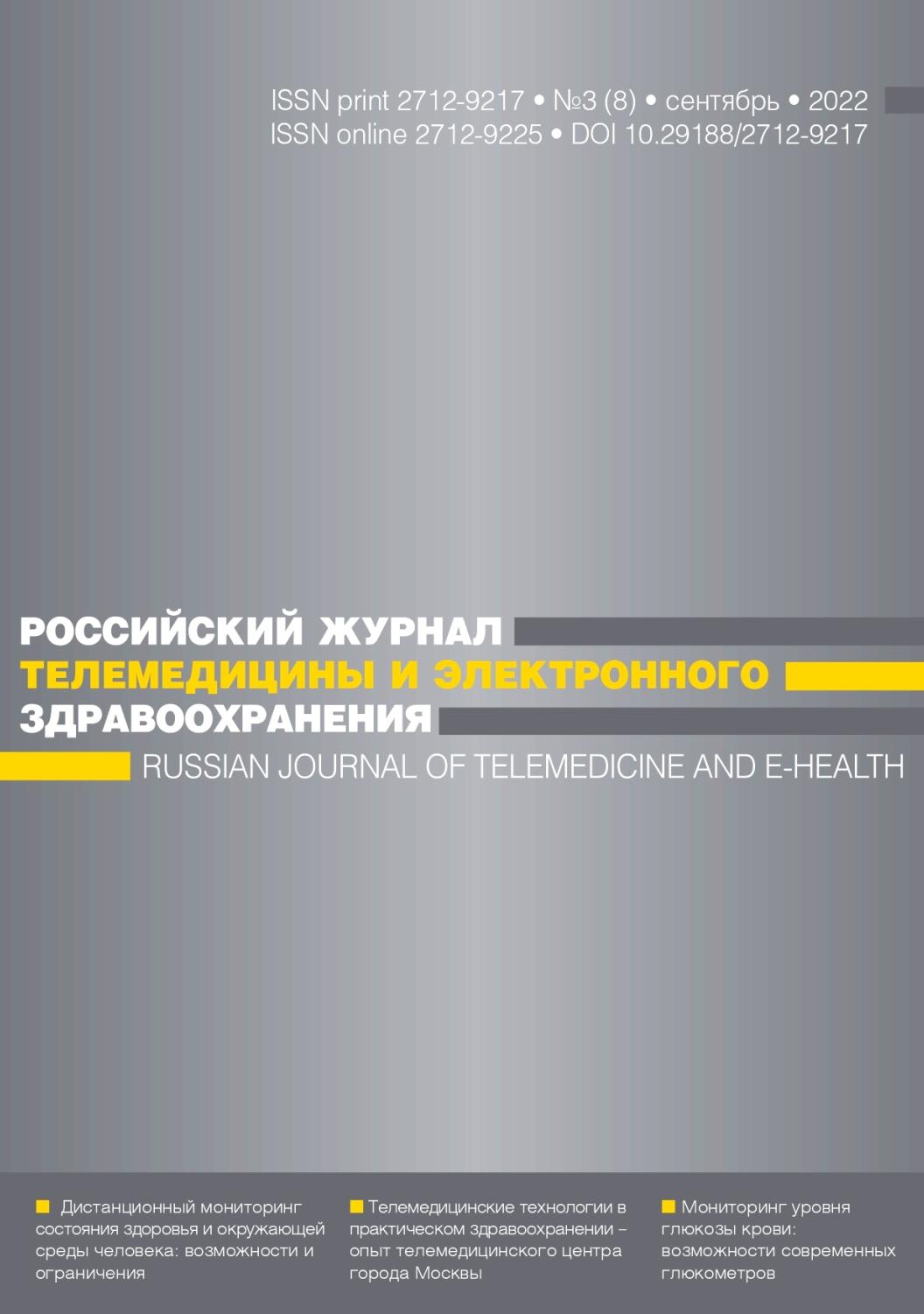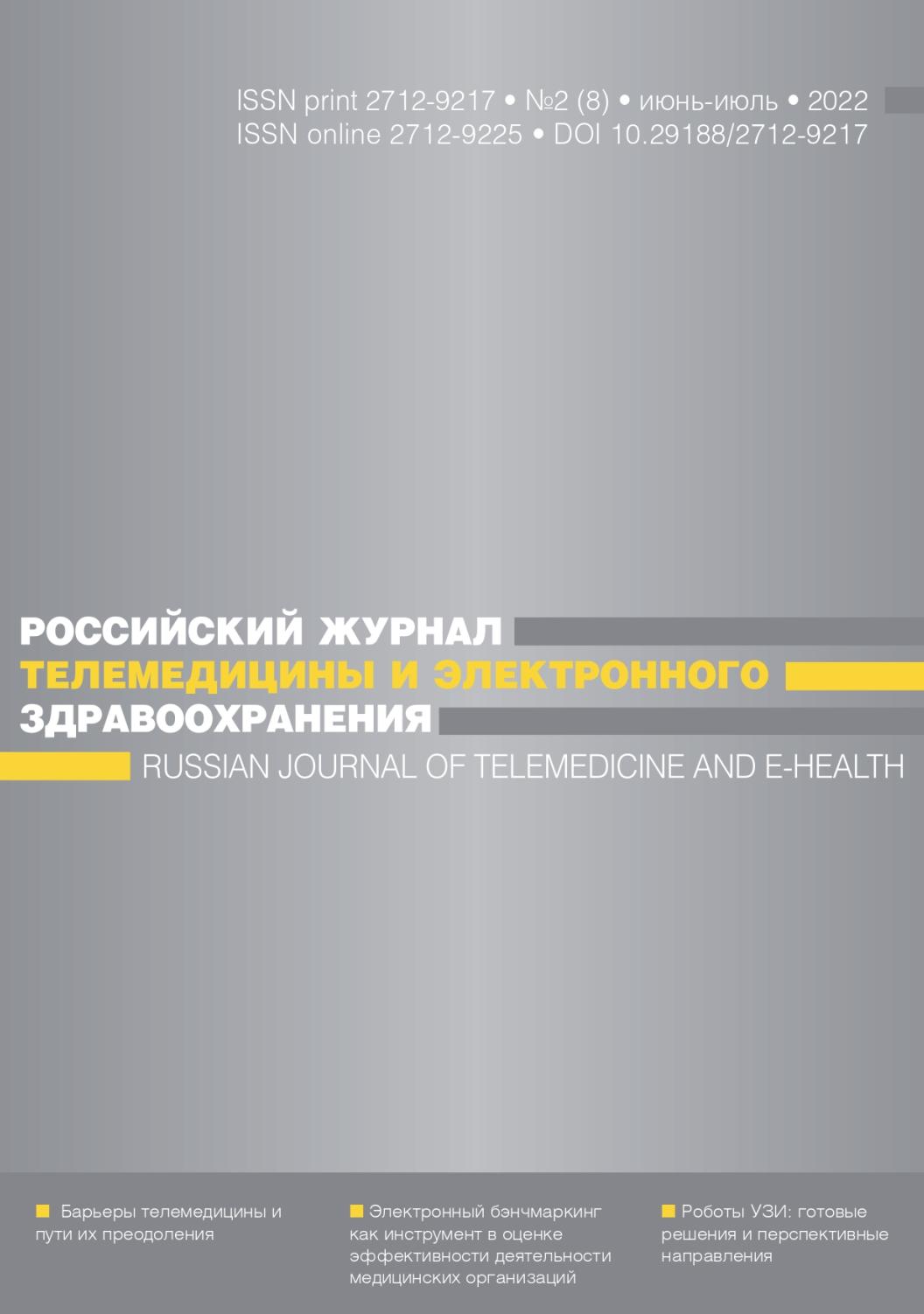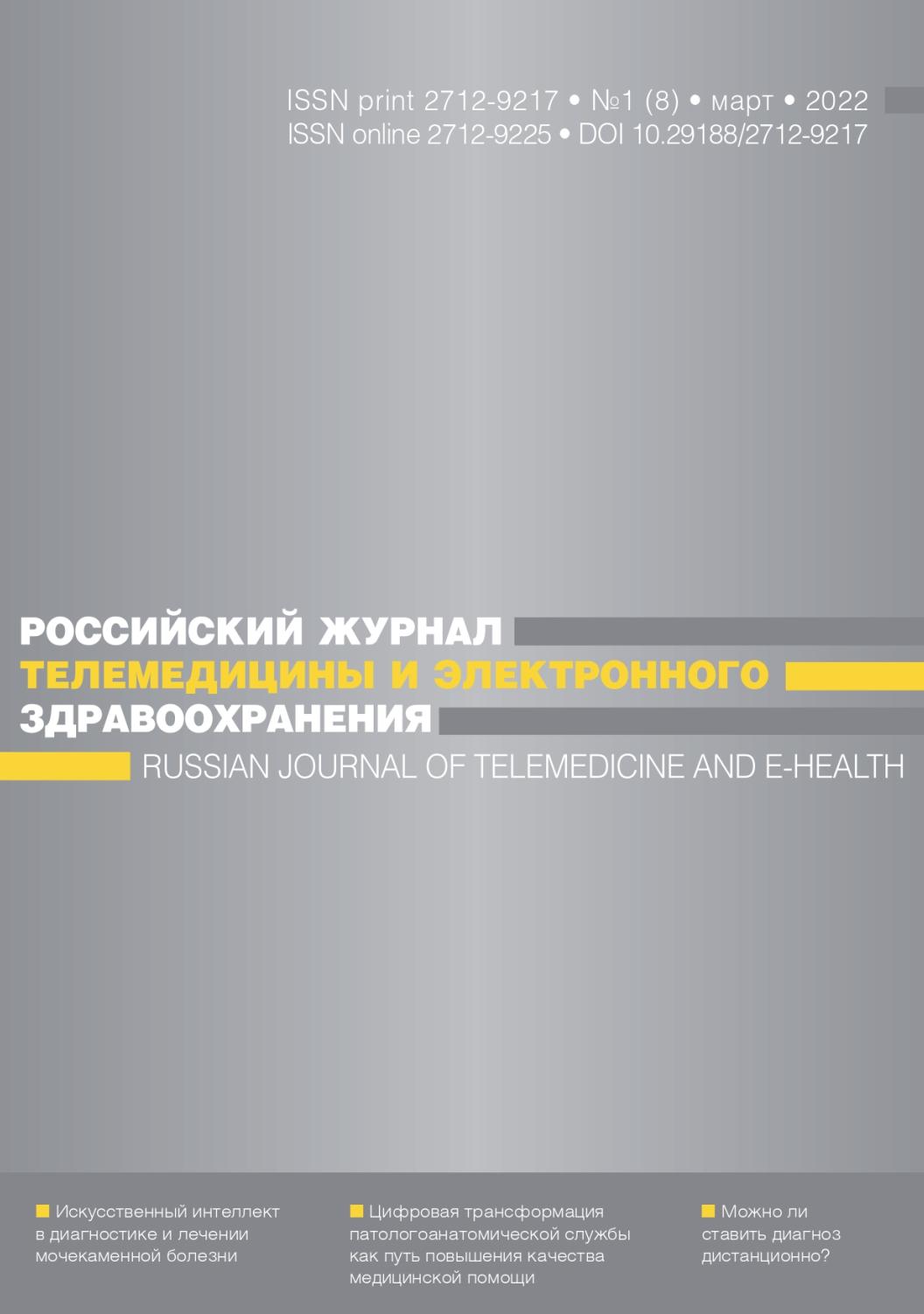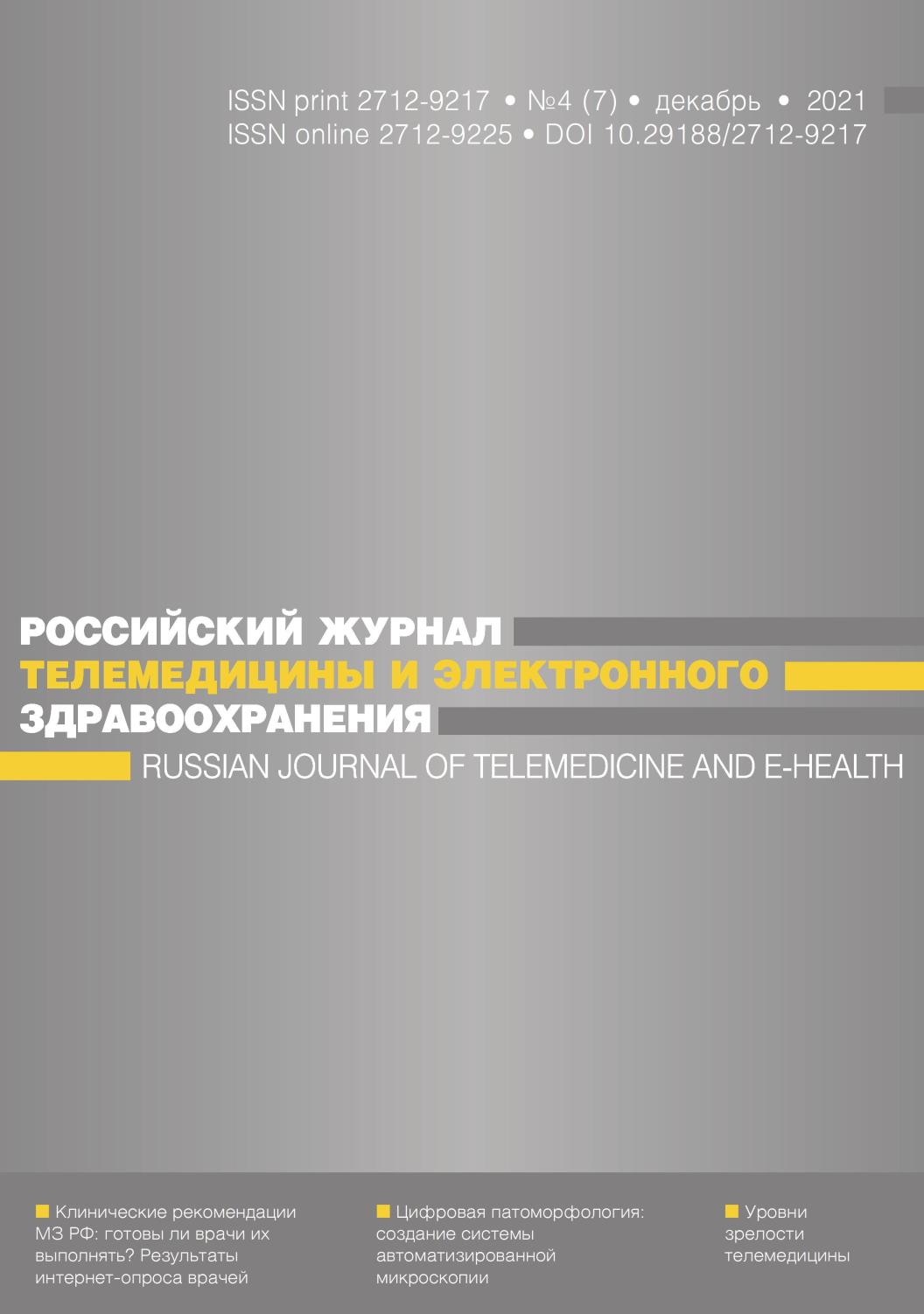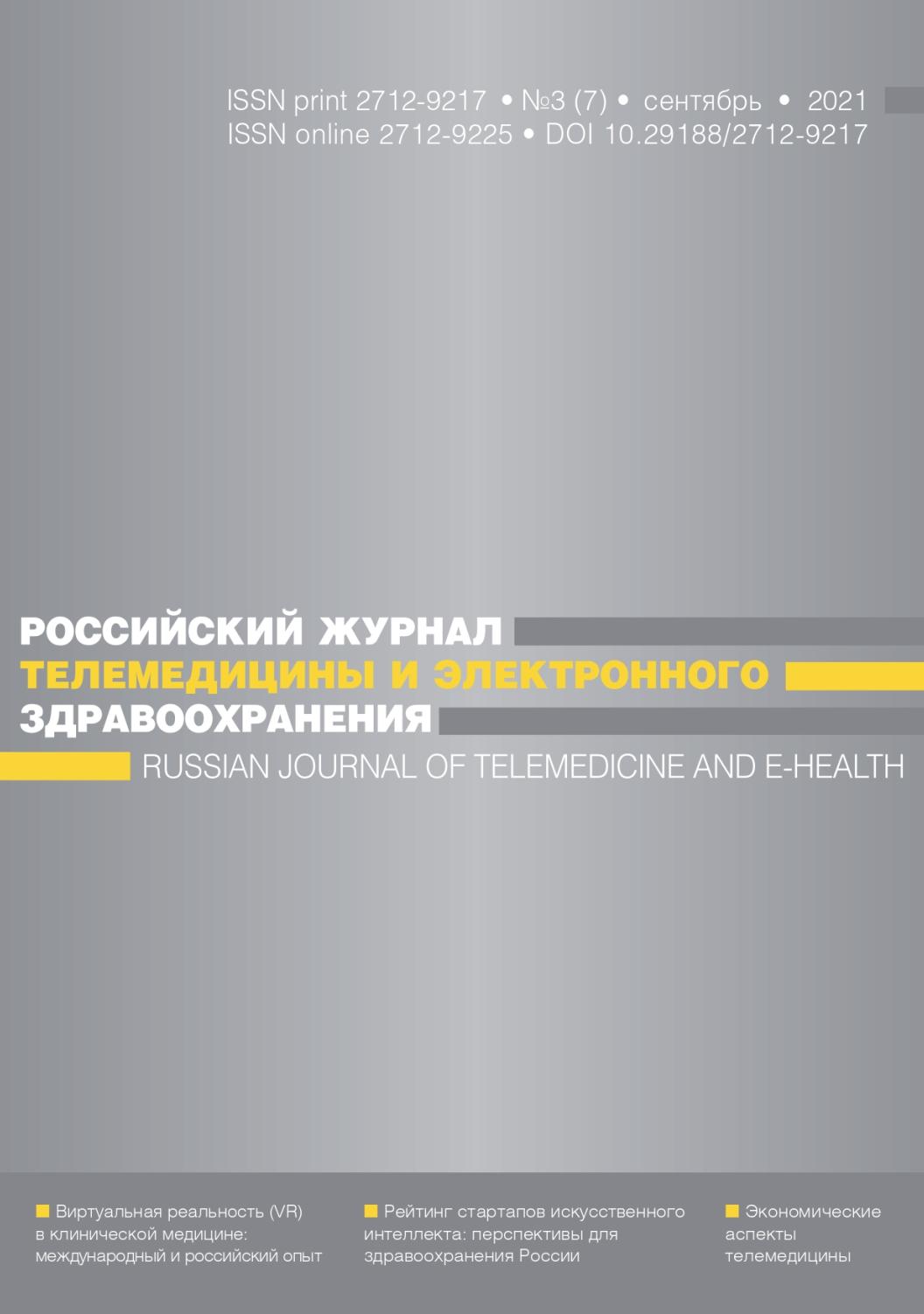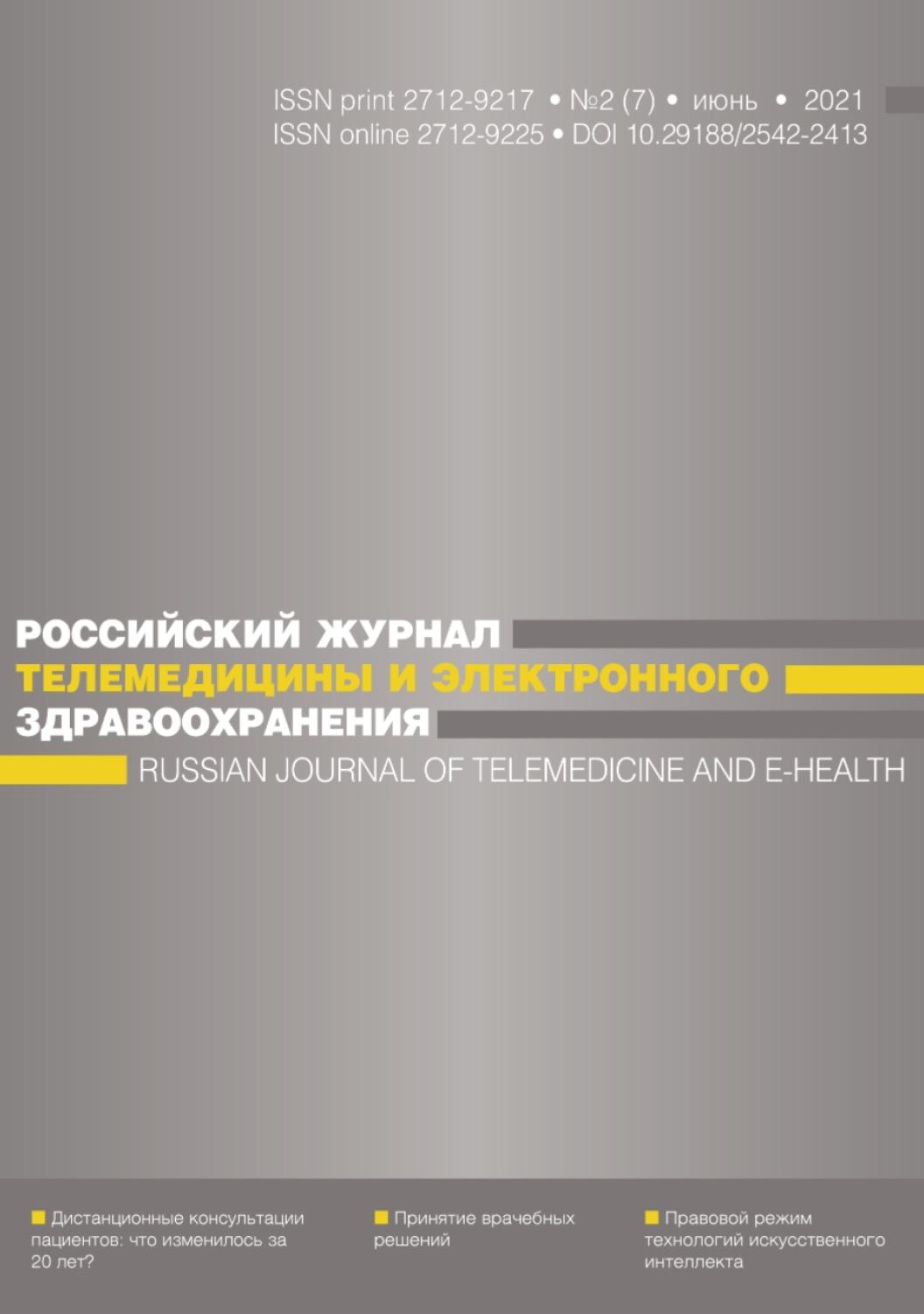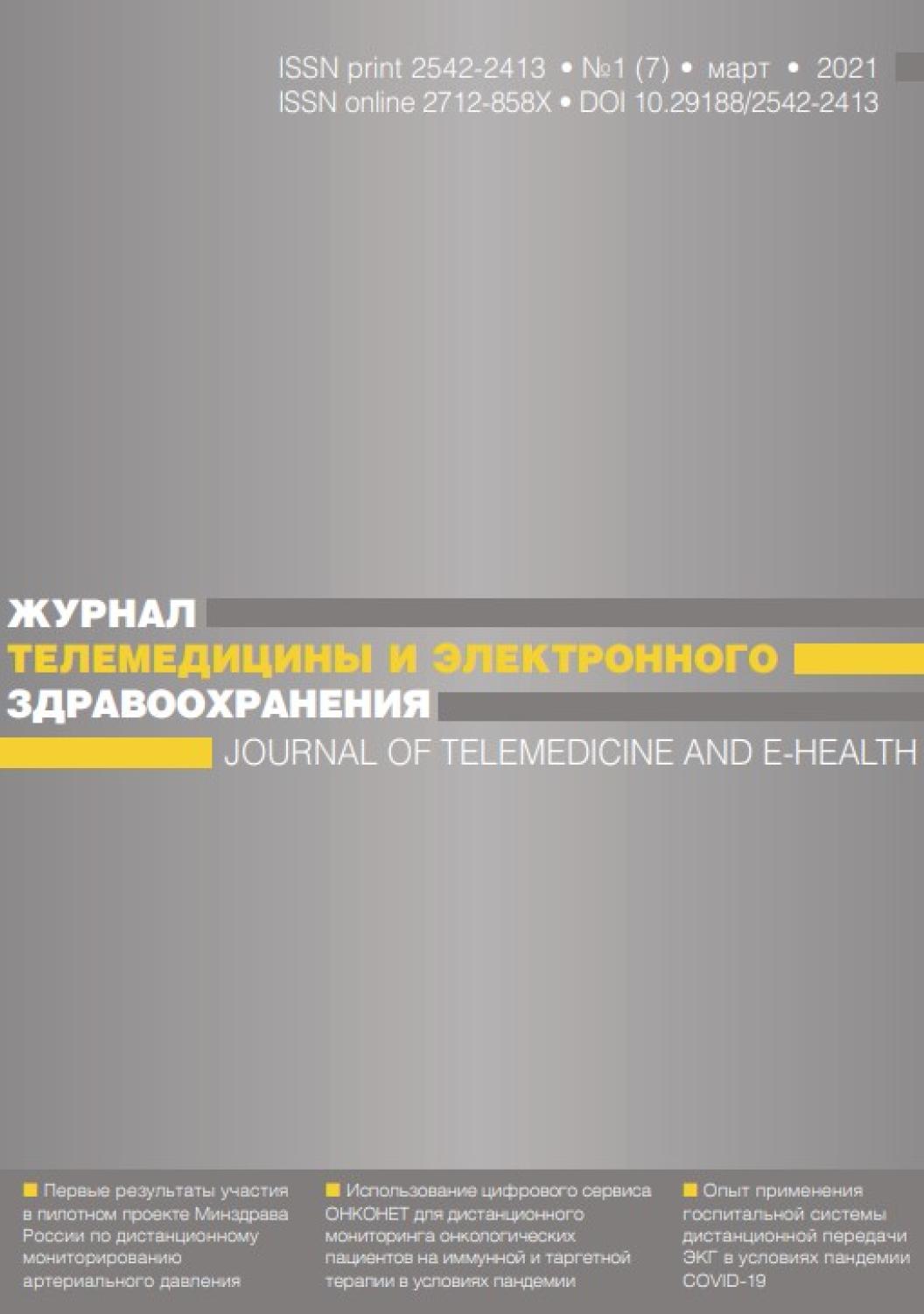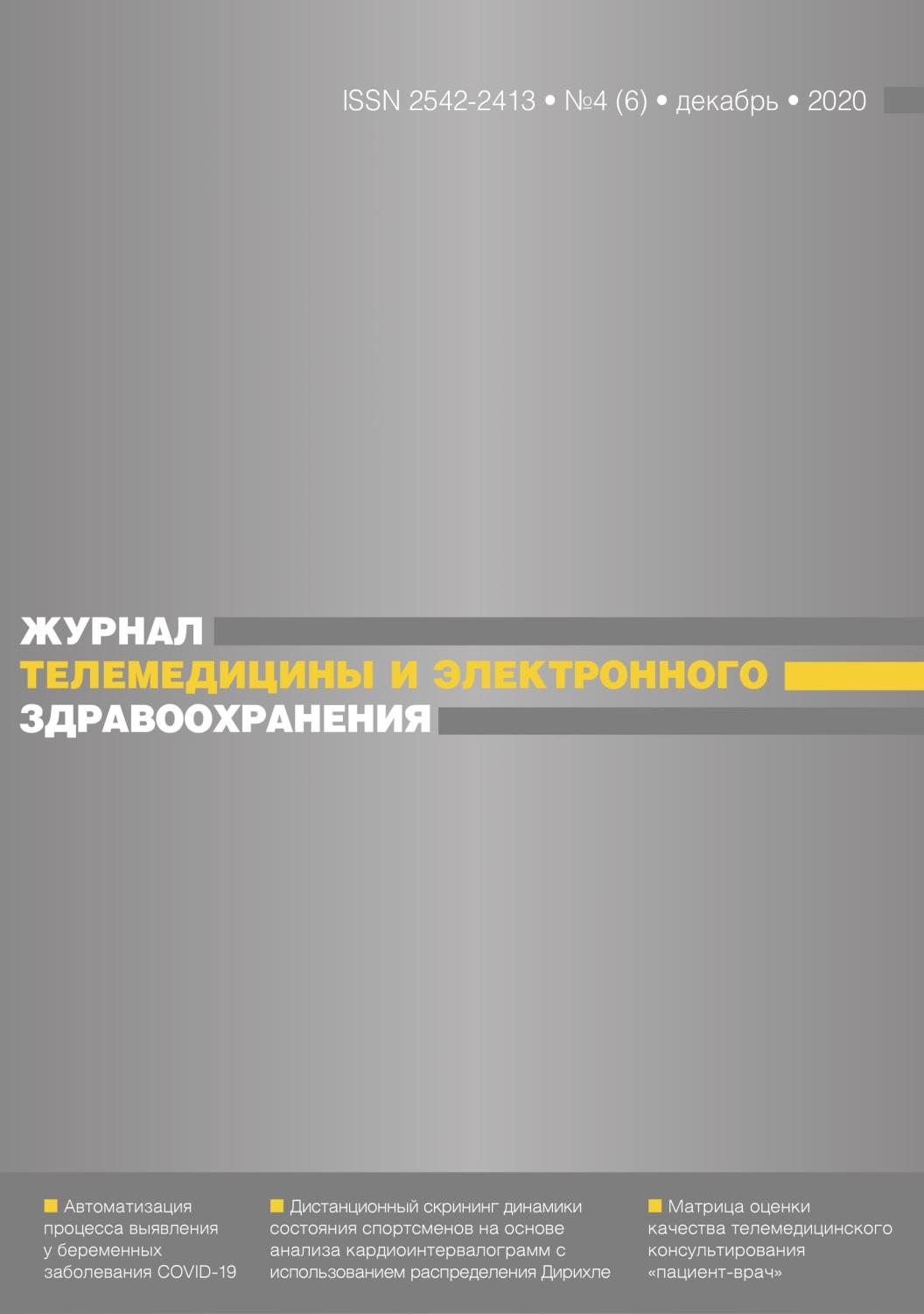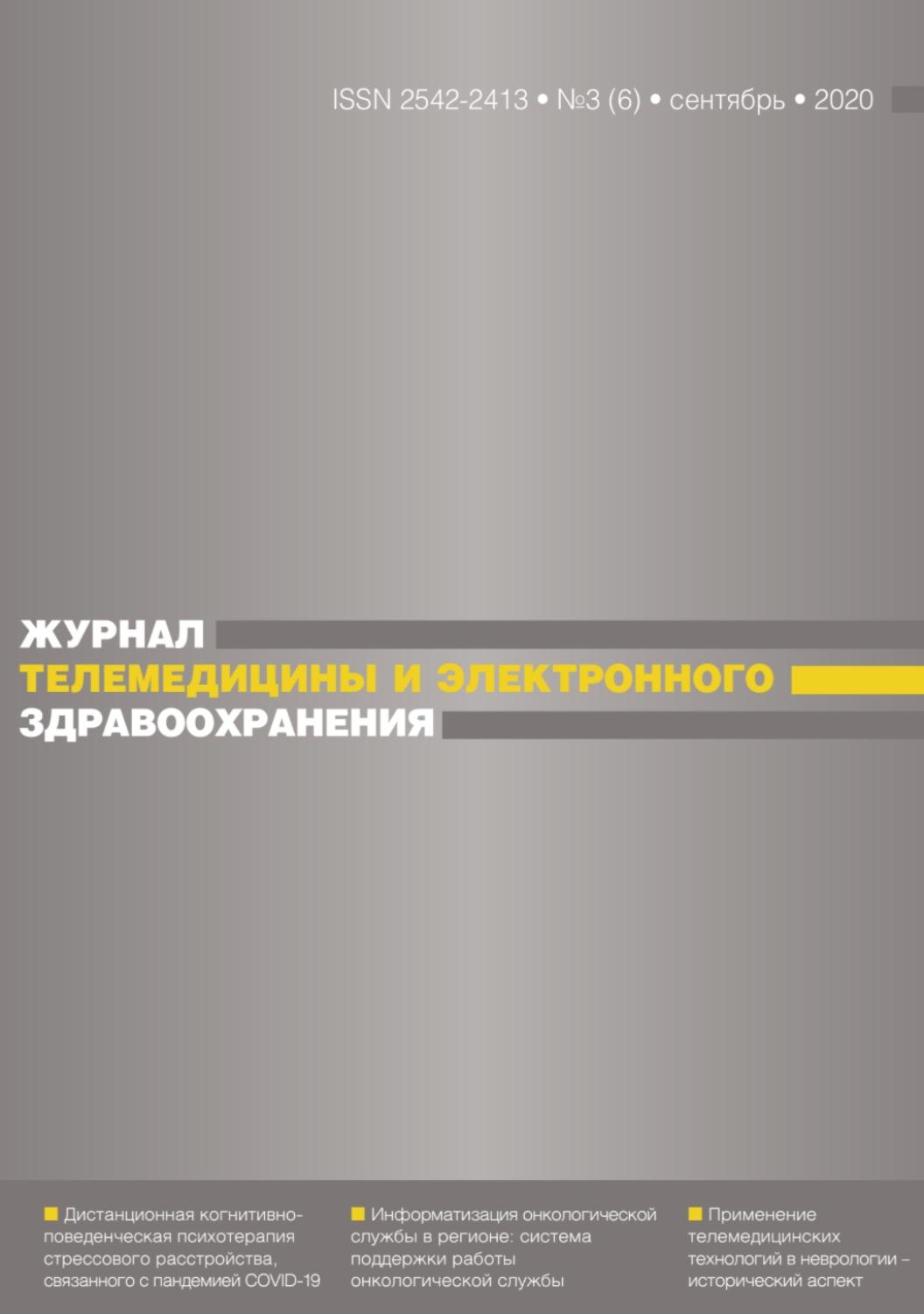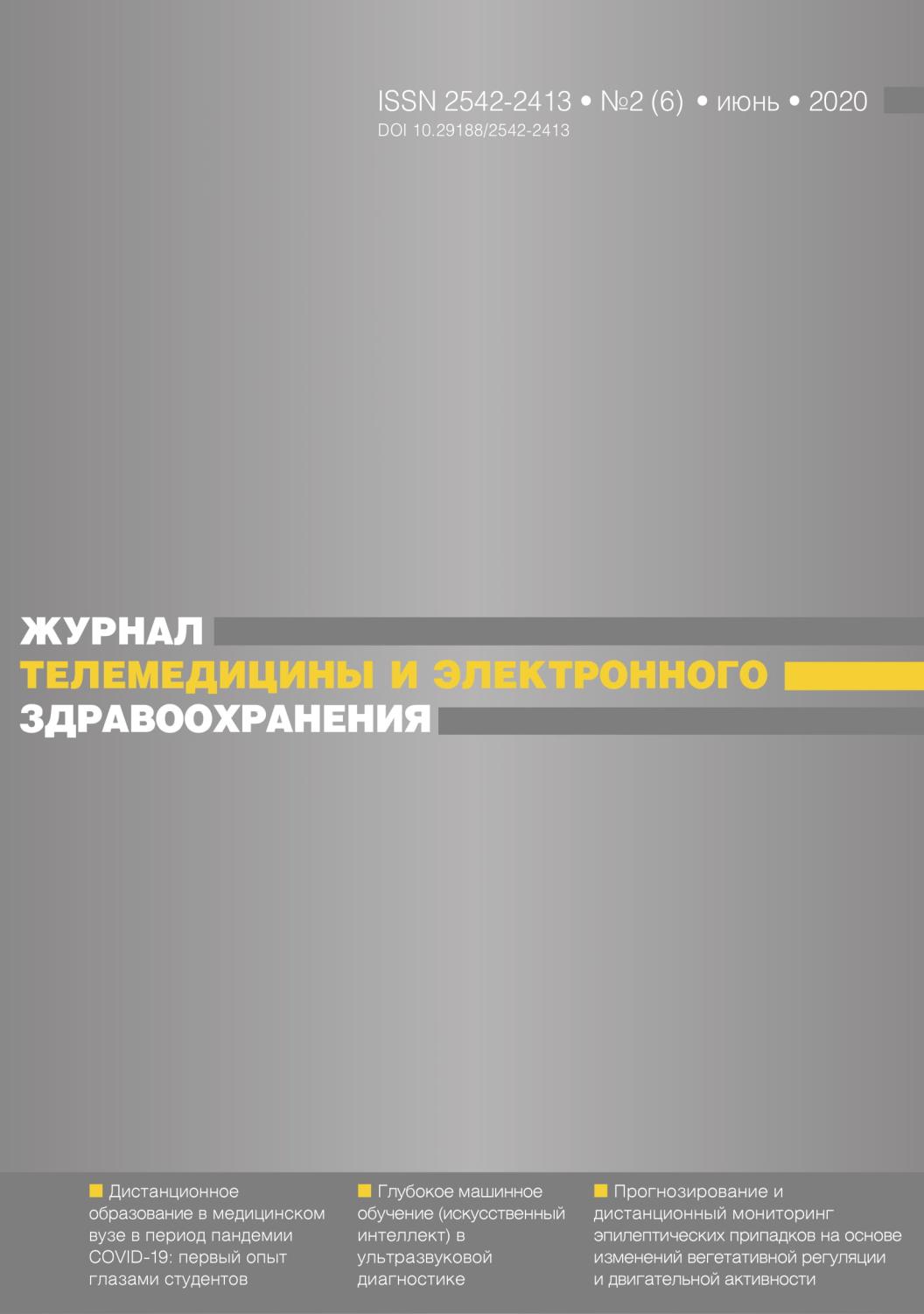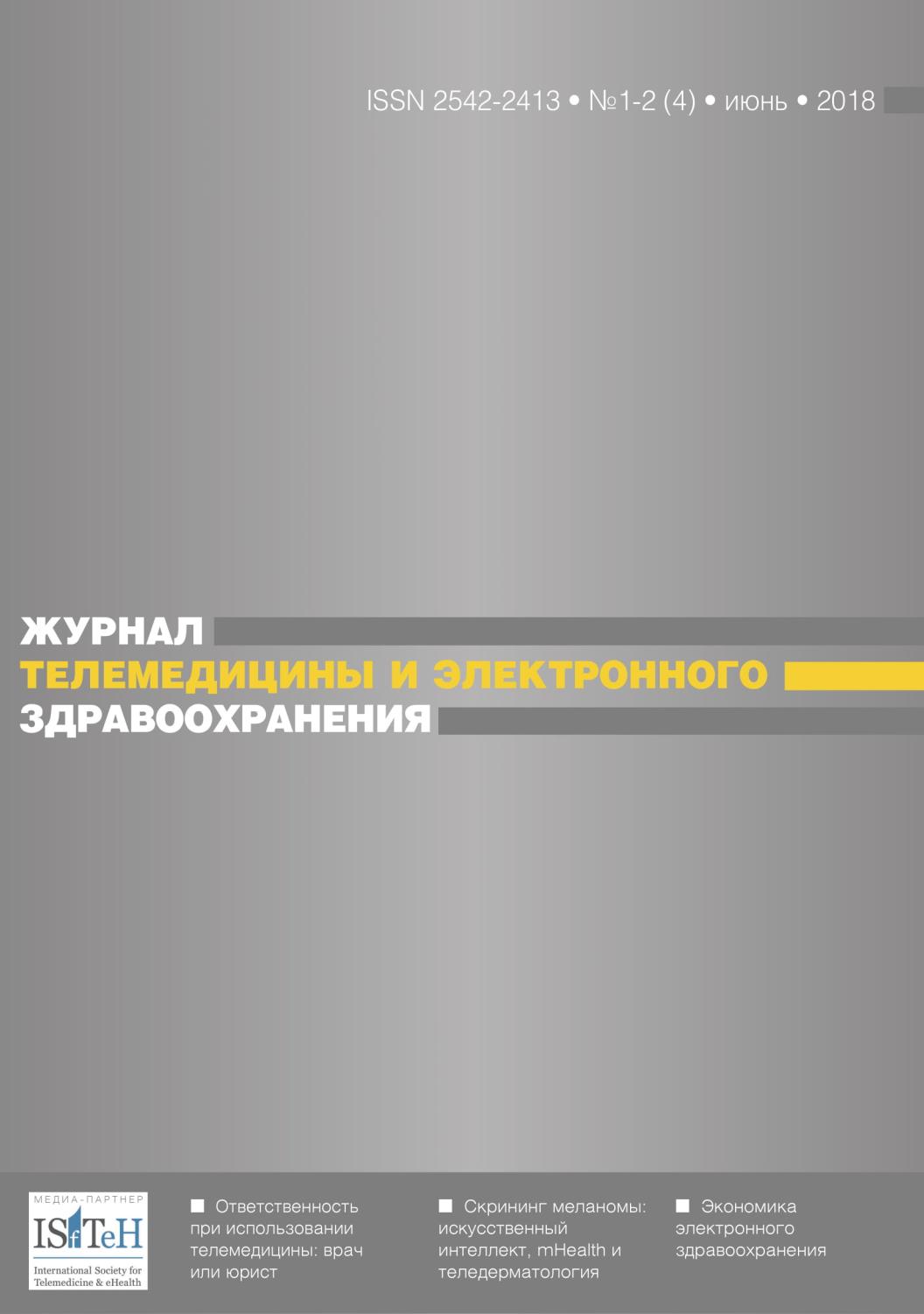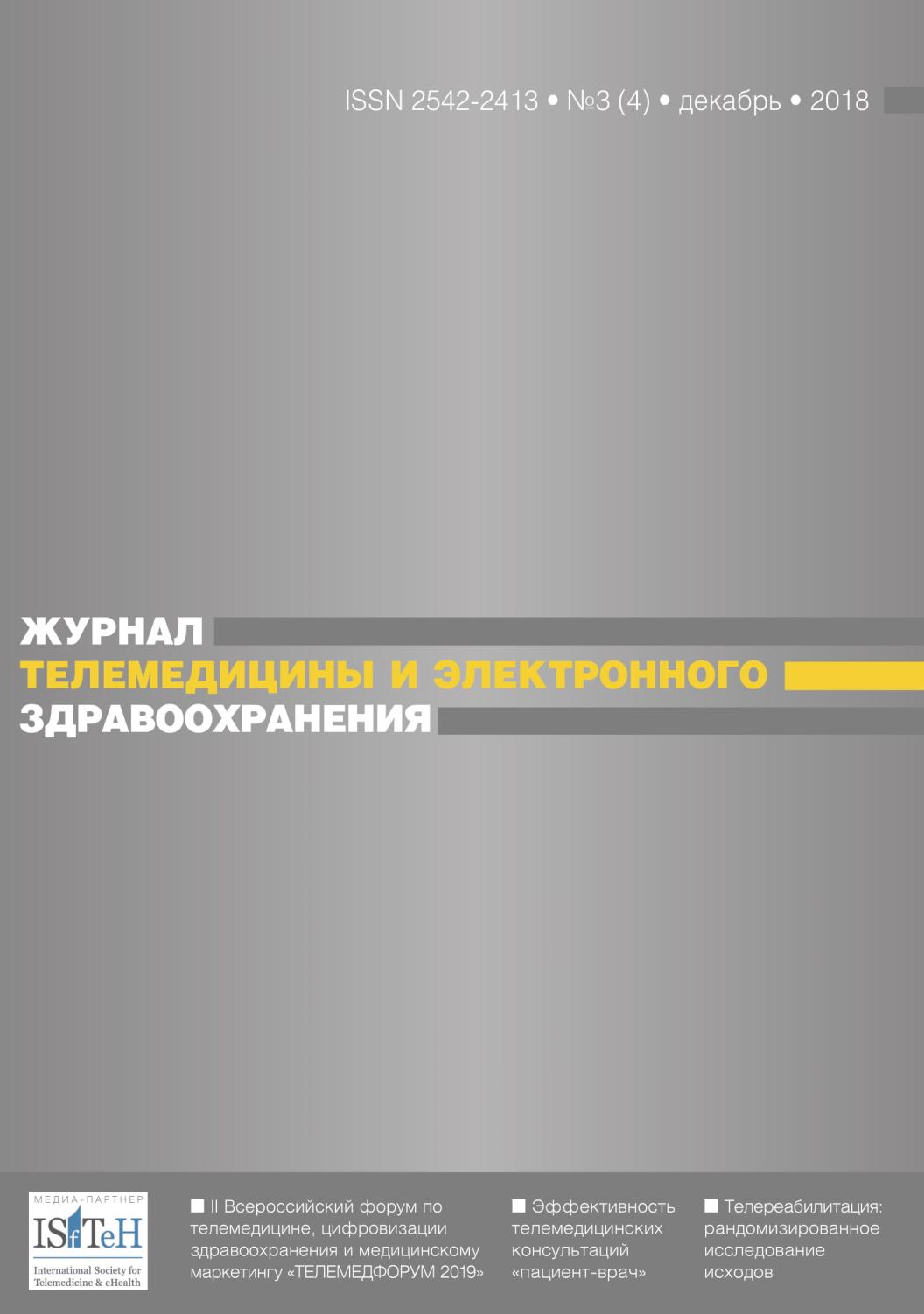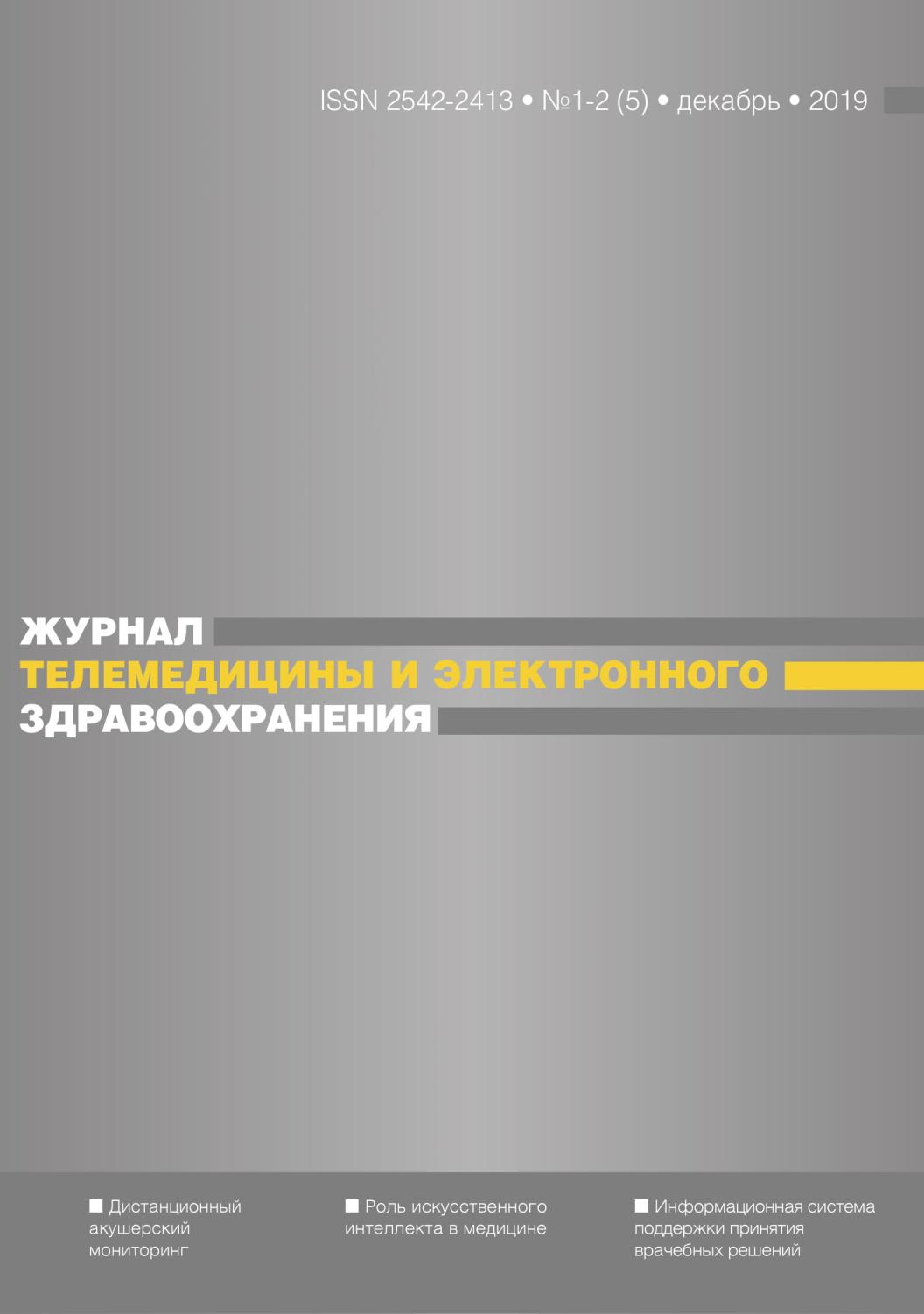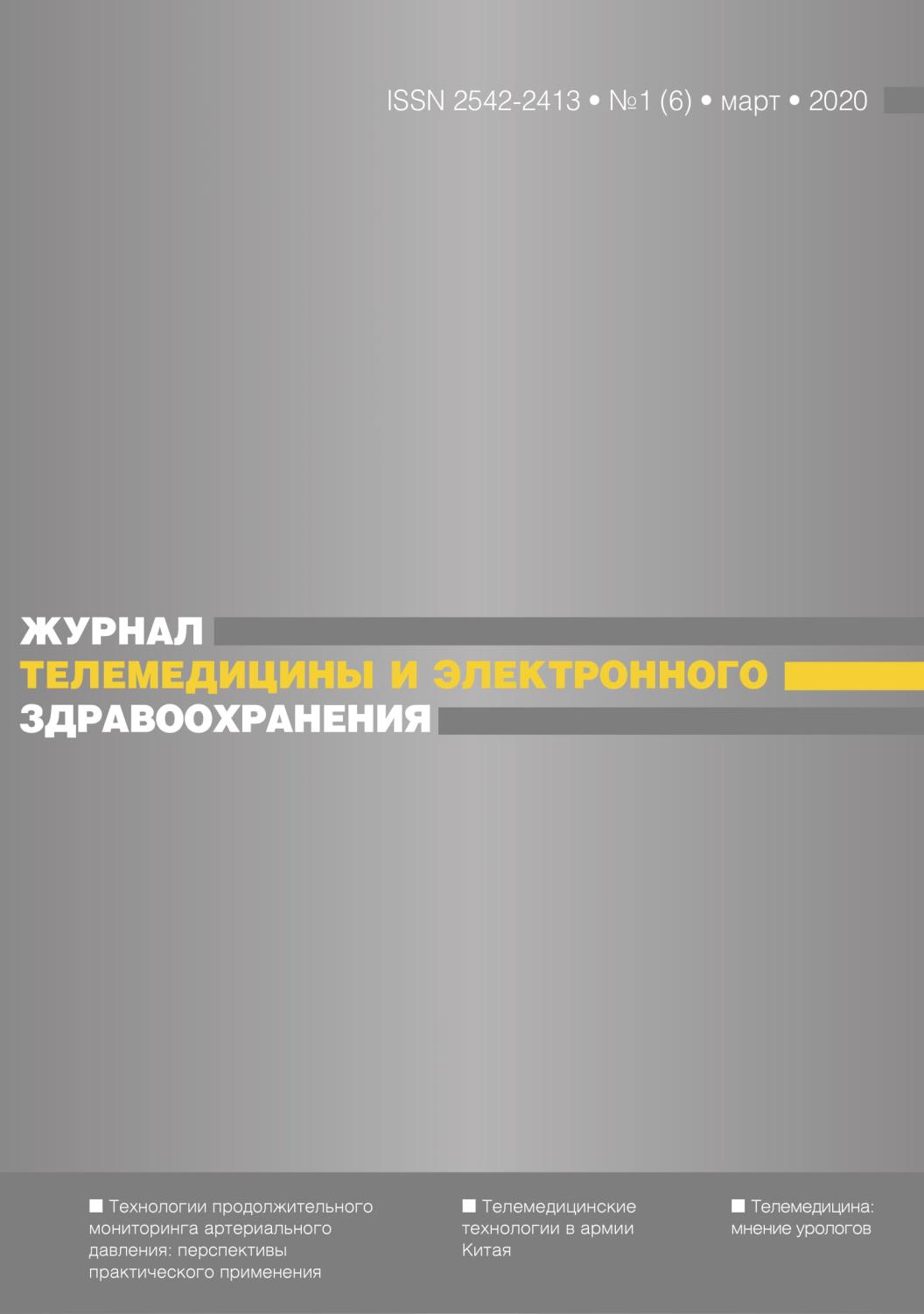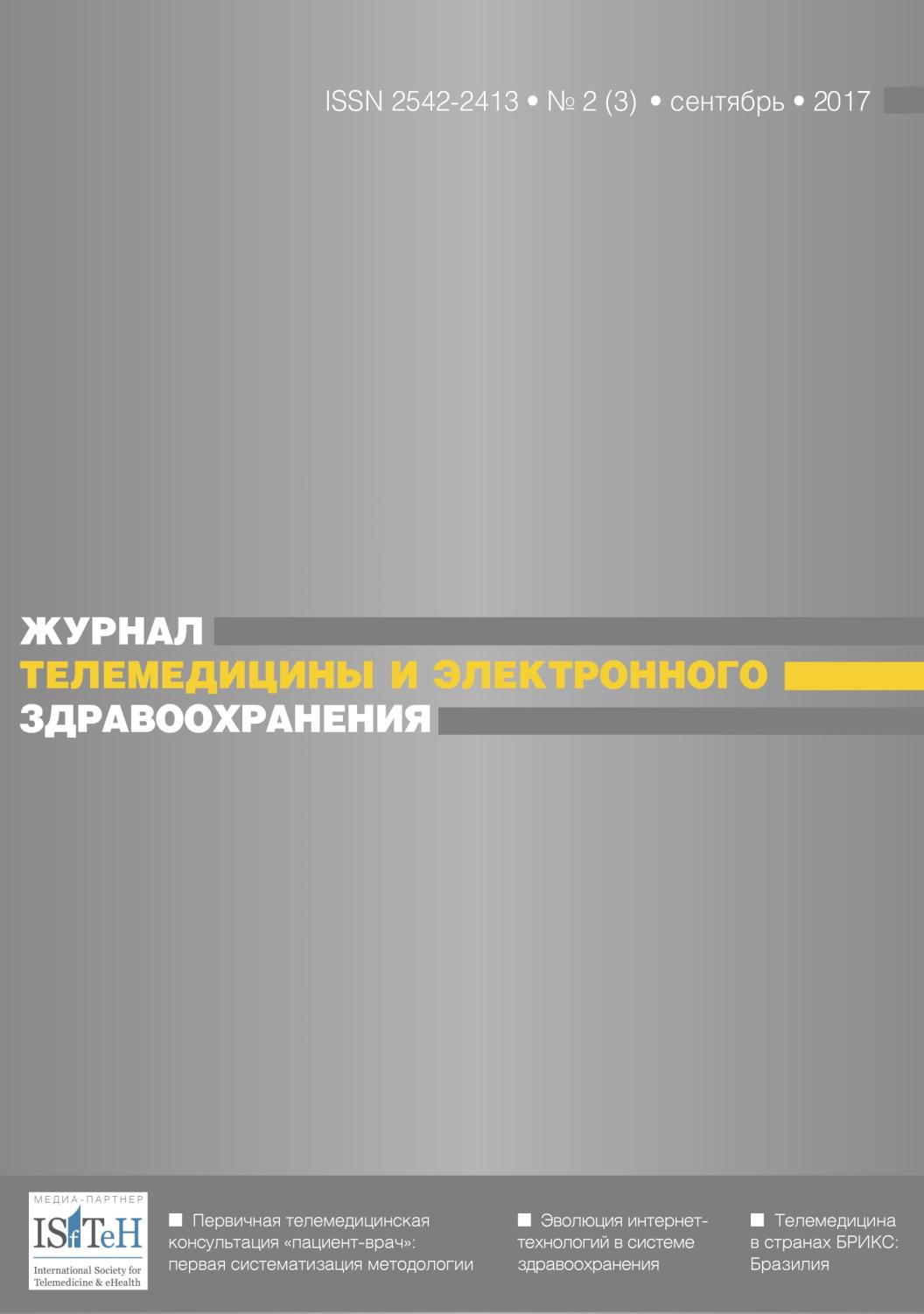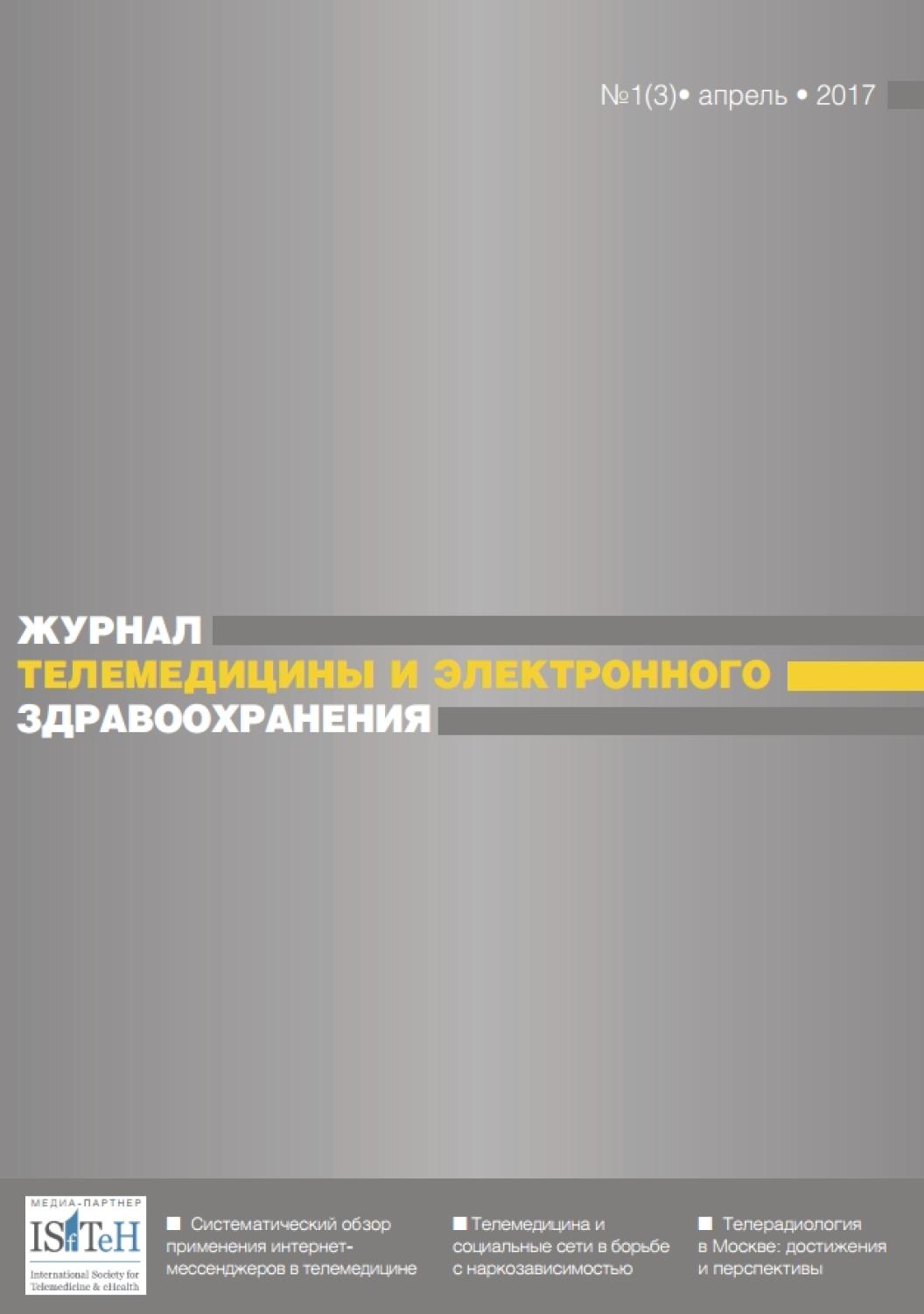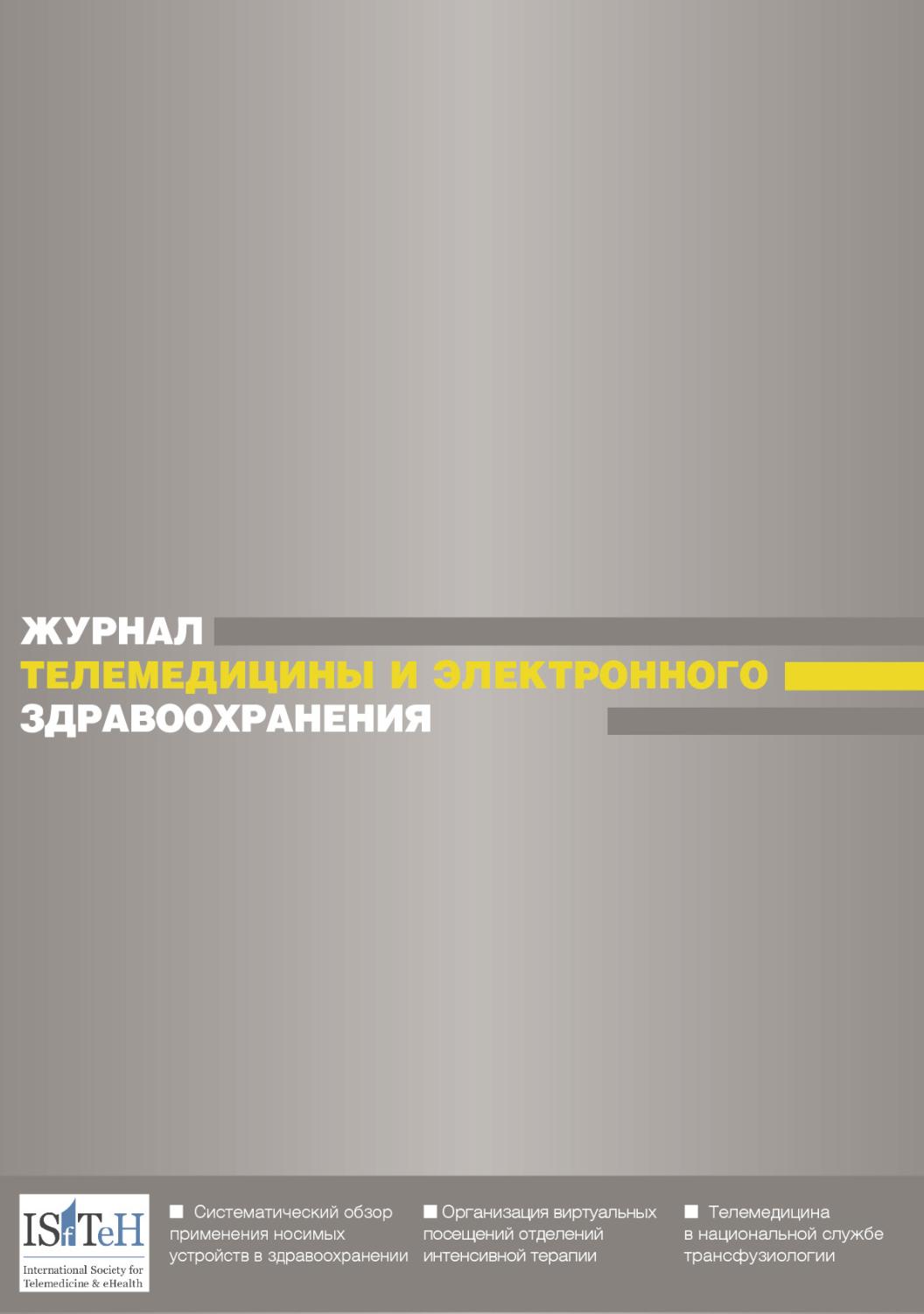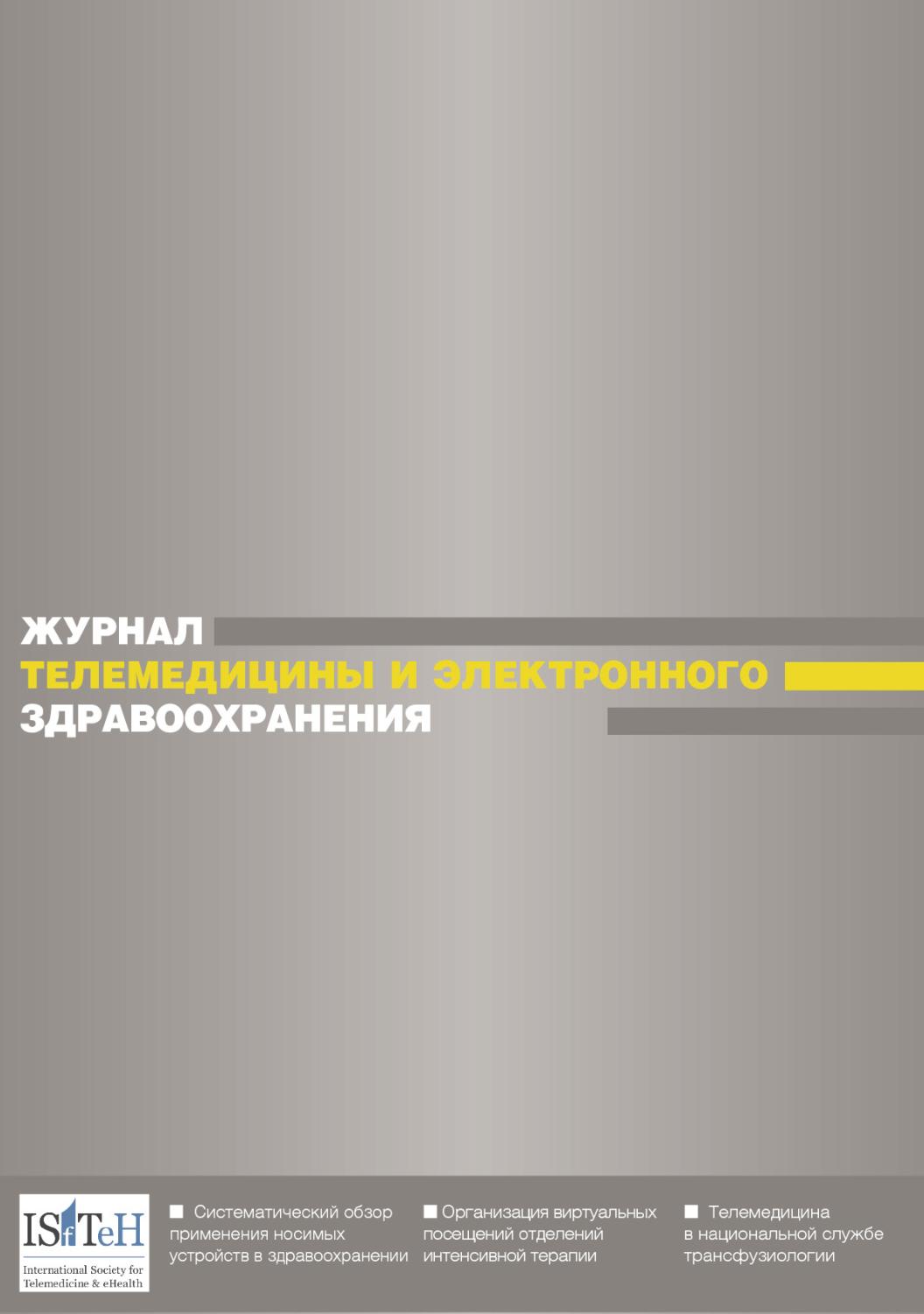Introduction. ChatGPT and similar large language model (LLM)/artificial intelligence (AI)-based technologies have been actively implemented in medicine worldwide over the past few years.
Materials and Methods. The author analysed the available literature on the application of large language models (LLM, BNM, AI) in medicine and gave his opinion on whether AI/ChatGPT can replace the physician and whether ChatGPT integration into medicine is to be feared.
Results. The place of AI/ChatGPT in medicine is yet to be determined, but we can already identify areas of its use – evaluation of medical data and support for clinical decisions, training and professional development of medical professionals, management and processing of large amounts of documentation, support for communication with patients, including highly personalised communication with patients and their relatives.
However, it should be taken into account that ChatGPT/ AI is an evolving tool that is currently difficult to call perfect. Despite its high level of development, AI/ChatGPT can make mistakes, especially if it has been trained on incomplete, insufficient or biased data. For example, the AI may not take into account social, psychological, and economic factors of patients, which are critical for proper diagnosis and treatment. Moreover, a known factor is AI/ChatGPT «hallucinations», a format that generates incorrect, fictitious data («hallucinations»), requiring additional verification of information by medical personnel. Separate issues that remain unresolved are patient data privacy and legal and ethical responsibilities.
Conclusions. The prospects for the application of LLM/ AI/ChatGPT in medicine are limitless and include improved medical efficiency and patient interaction, decision support and administrative assistance, potential for educational and research applications, and democratisation of AI technologies. Regardless of our attitude towards ChatGPT, the development of AI is unstoppable. The most prudent course of action is to embrace it and harness its potential to improve human health care. The development of measures to ensure data security and ethical use of LLM/ AI/ChatGPT is required.


